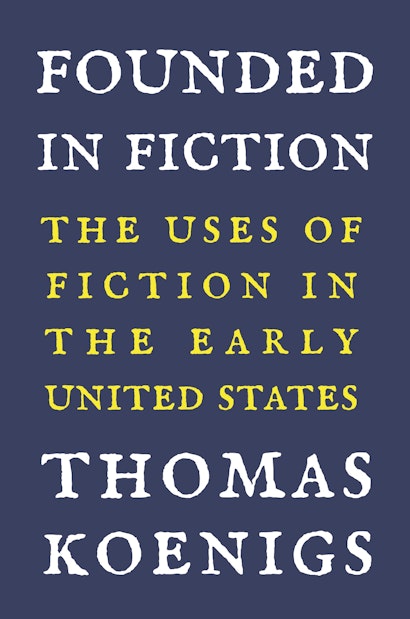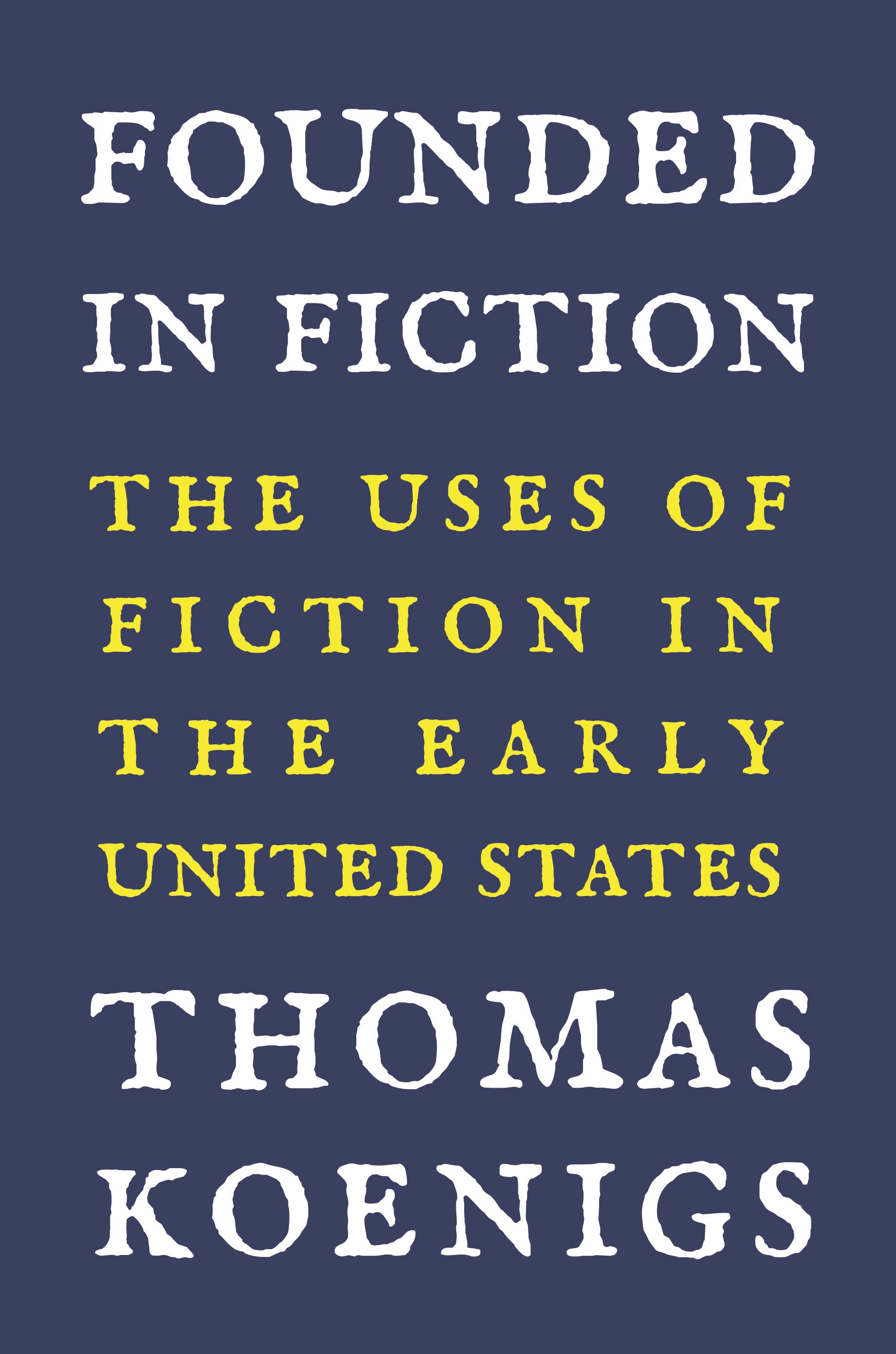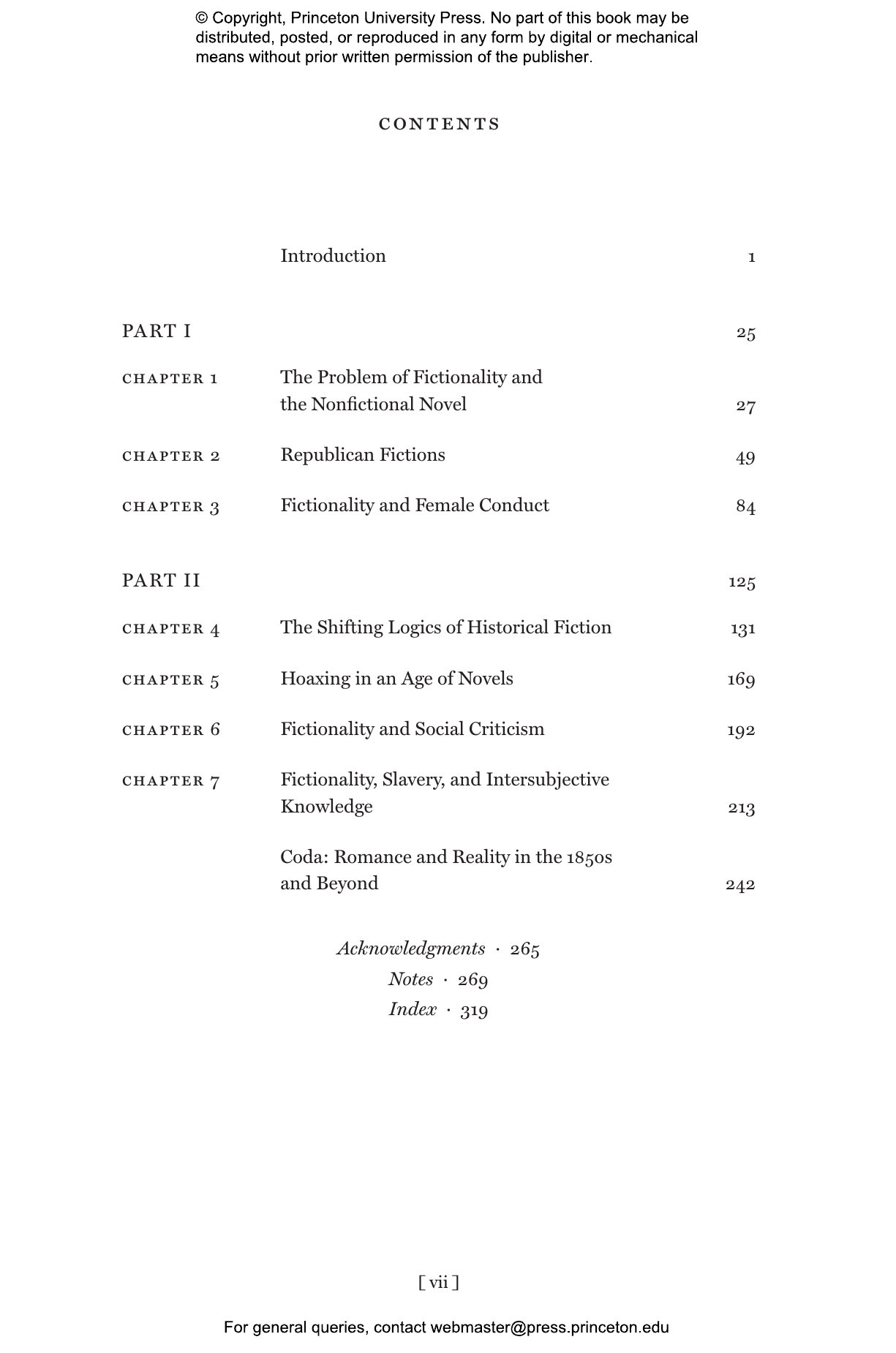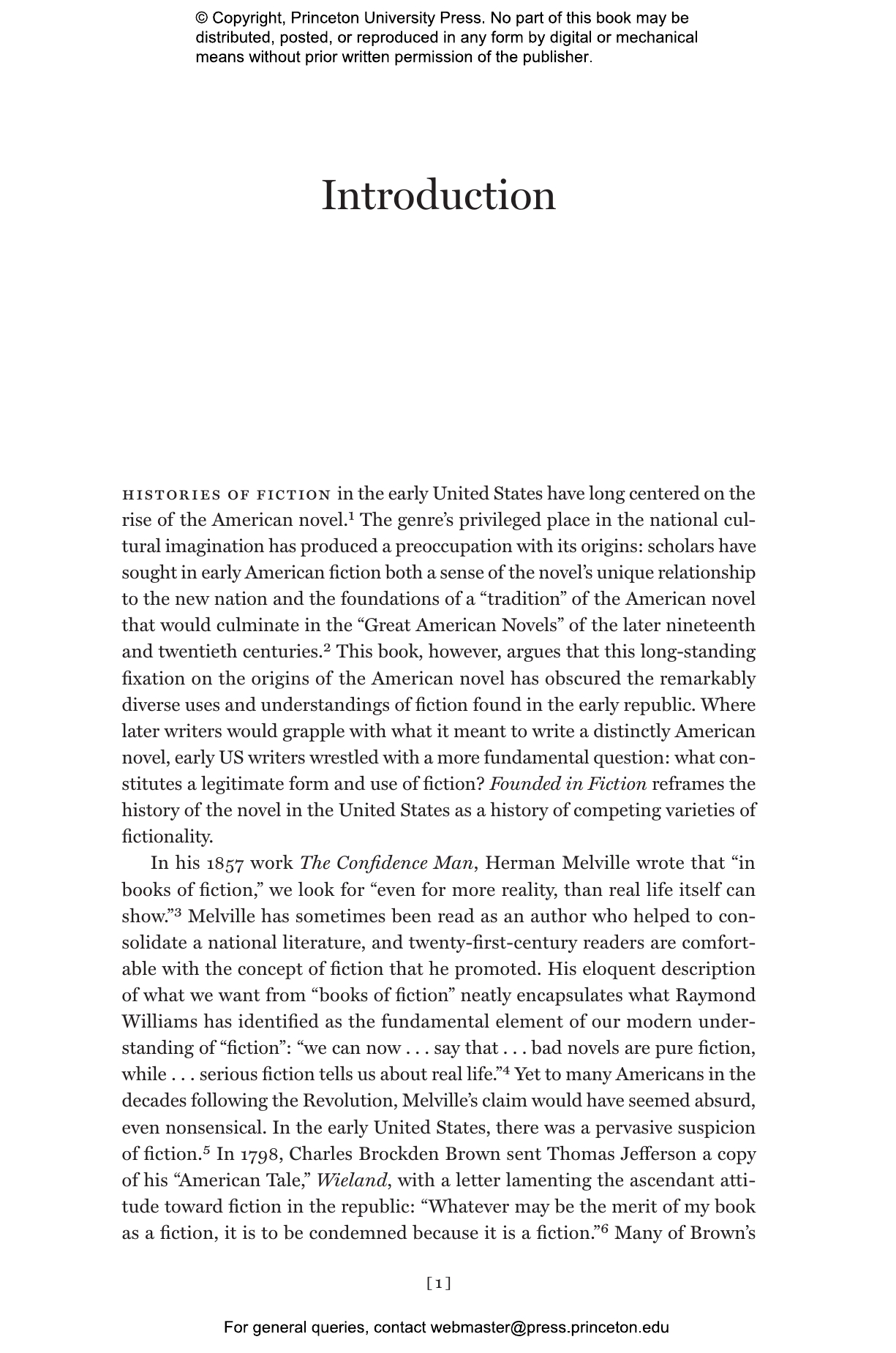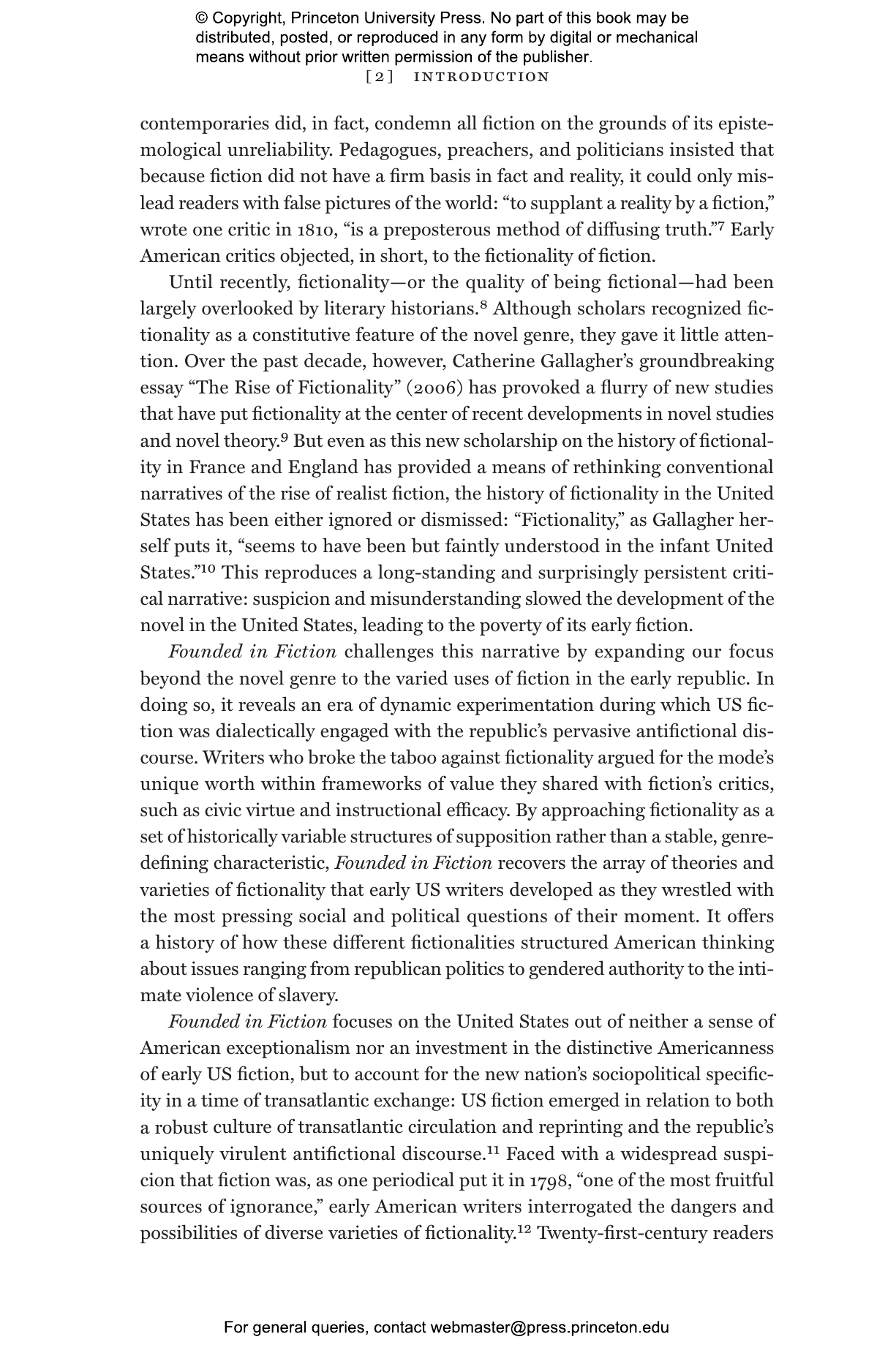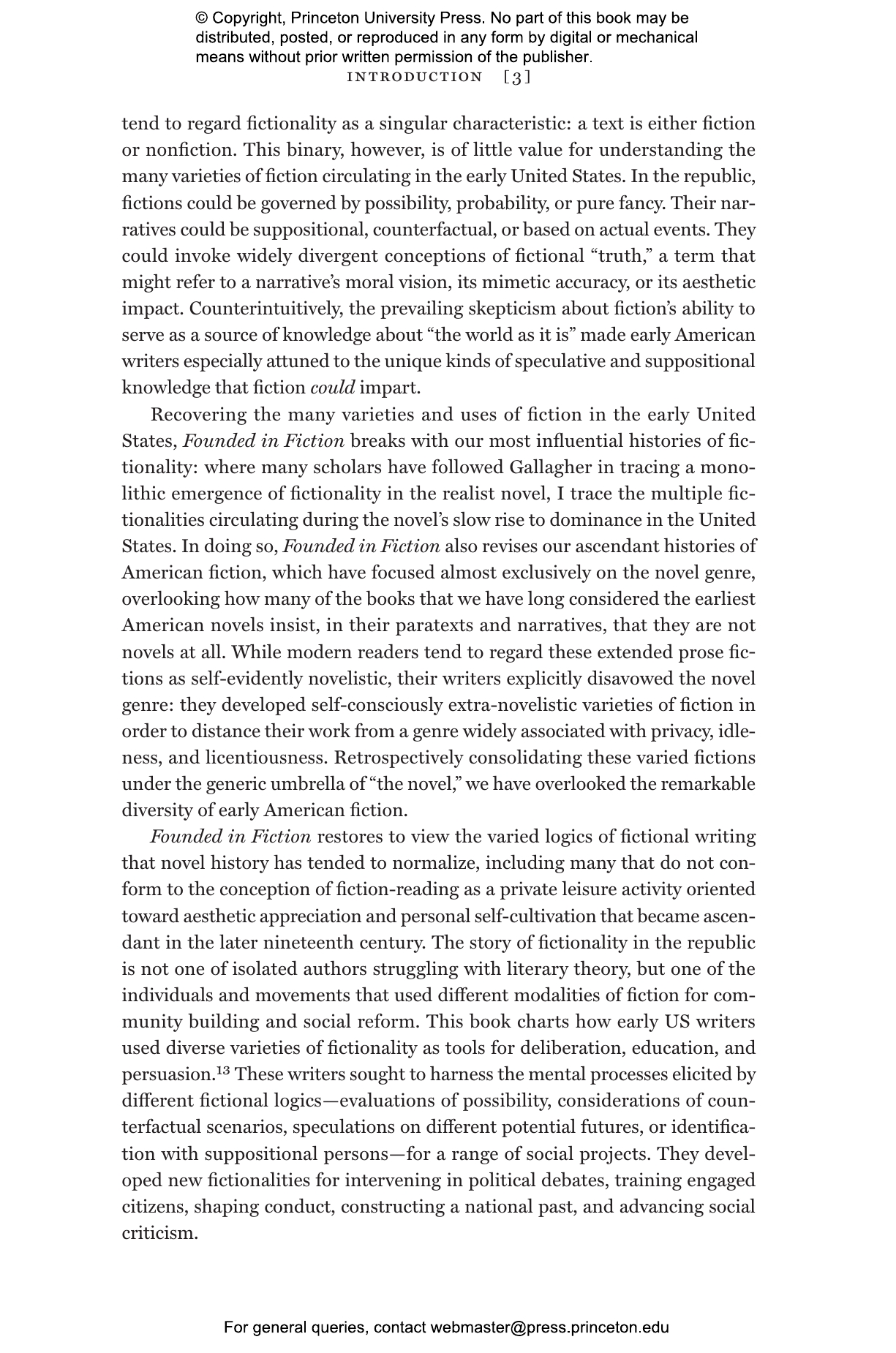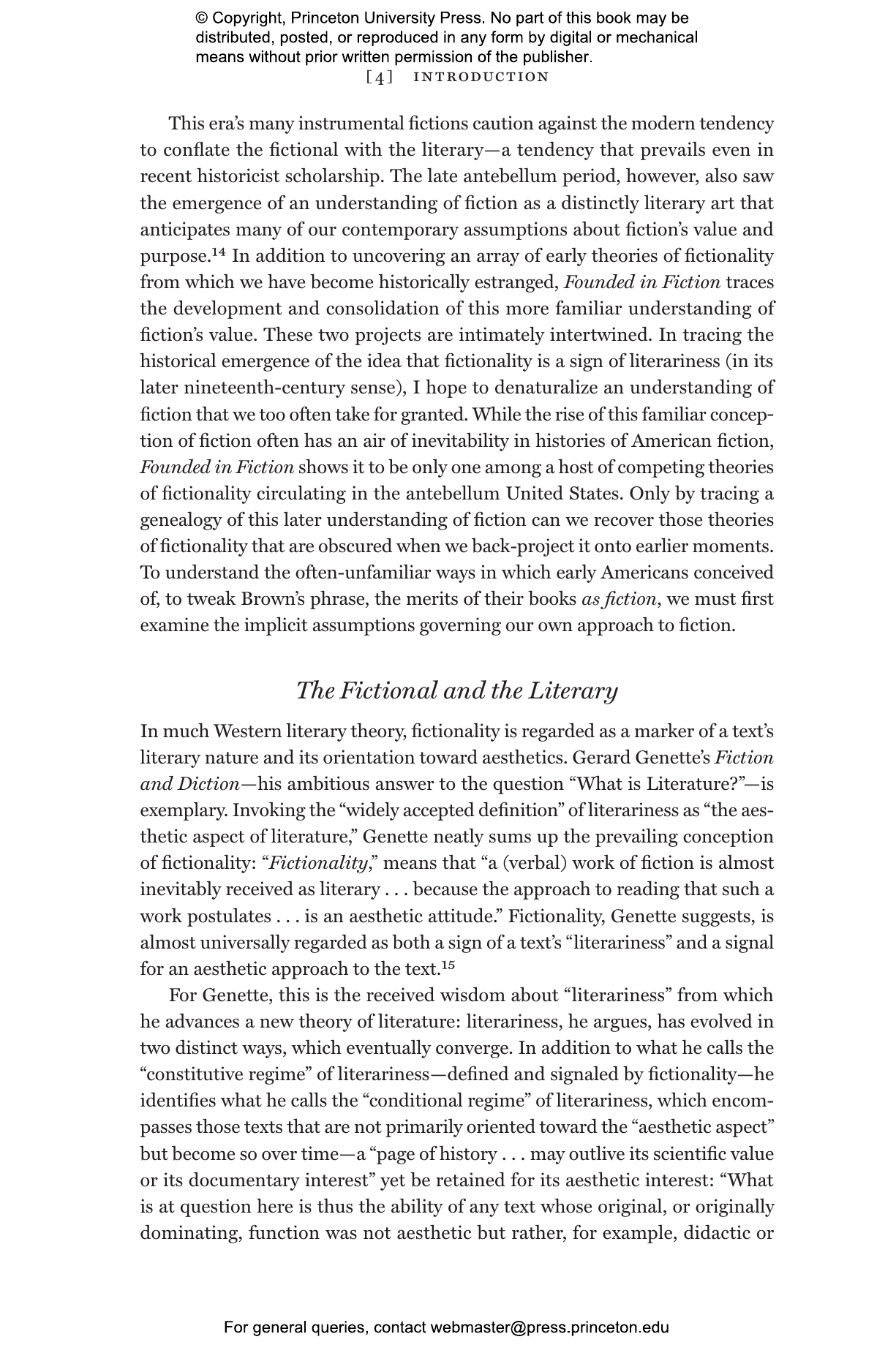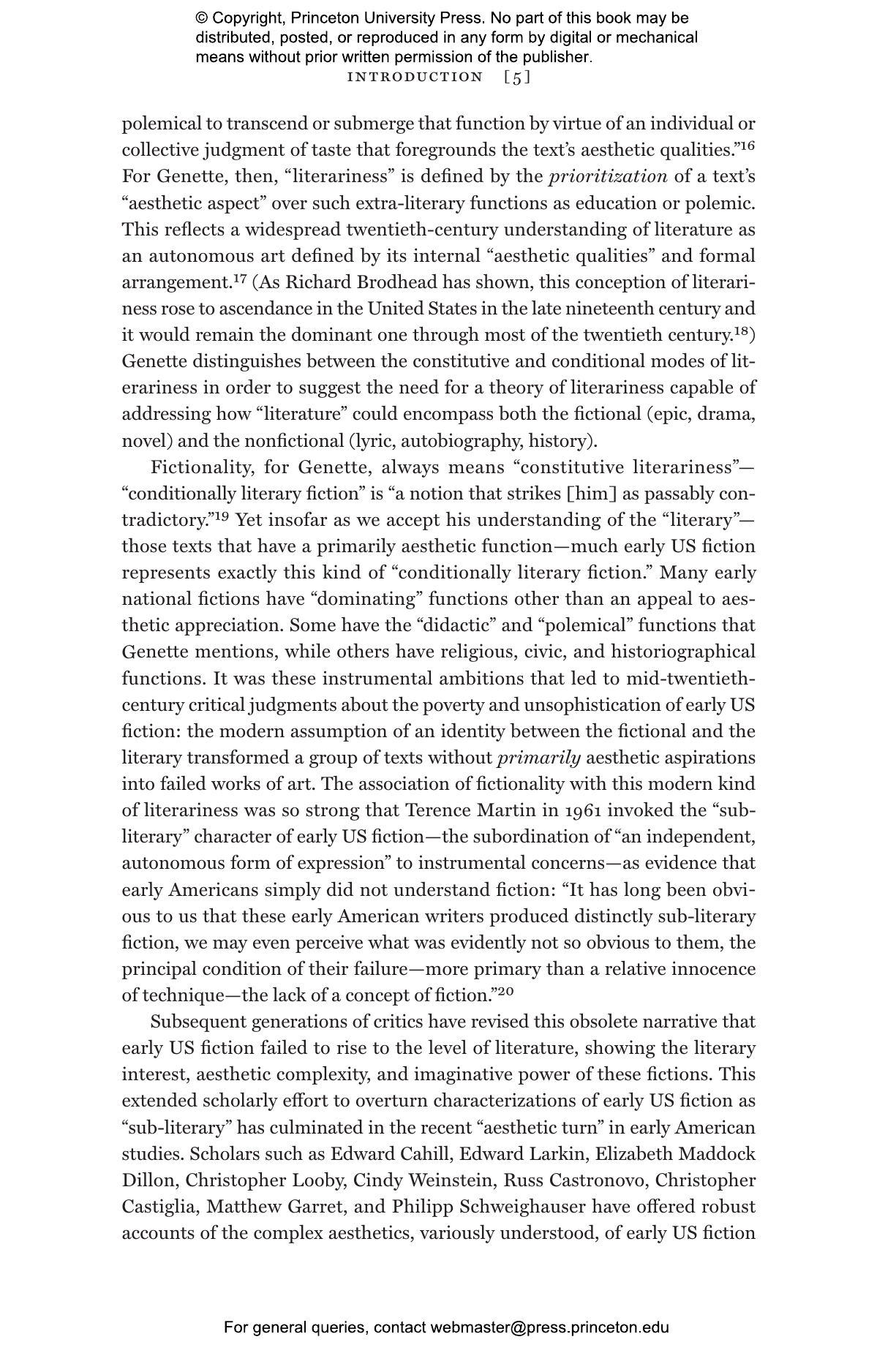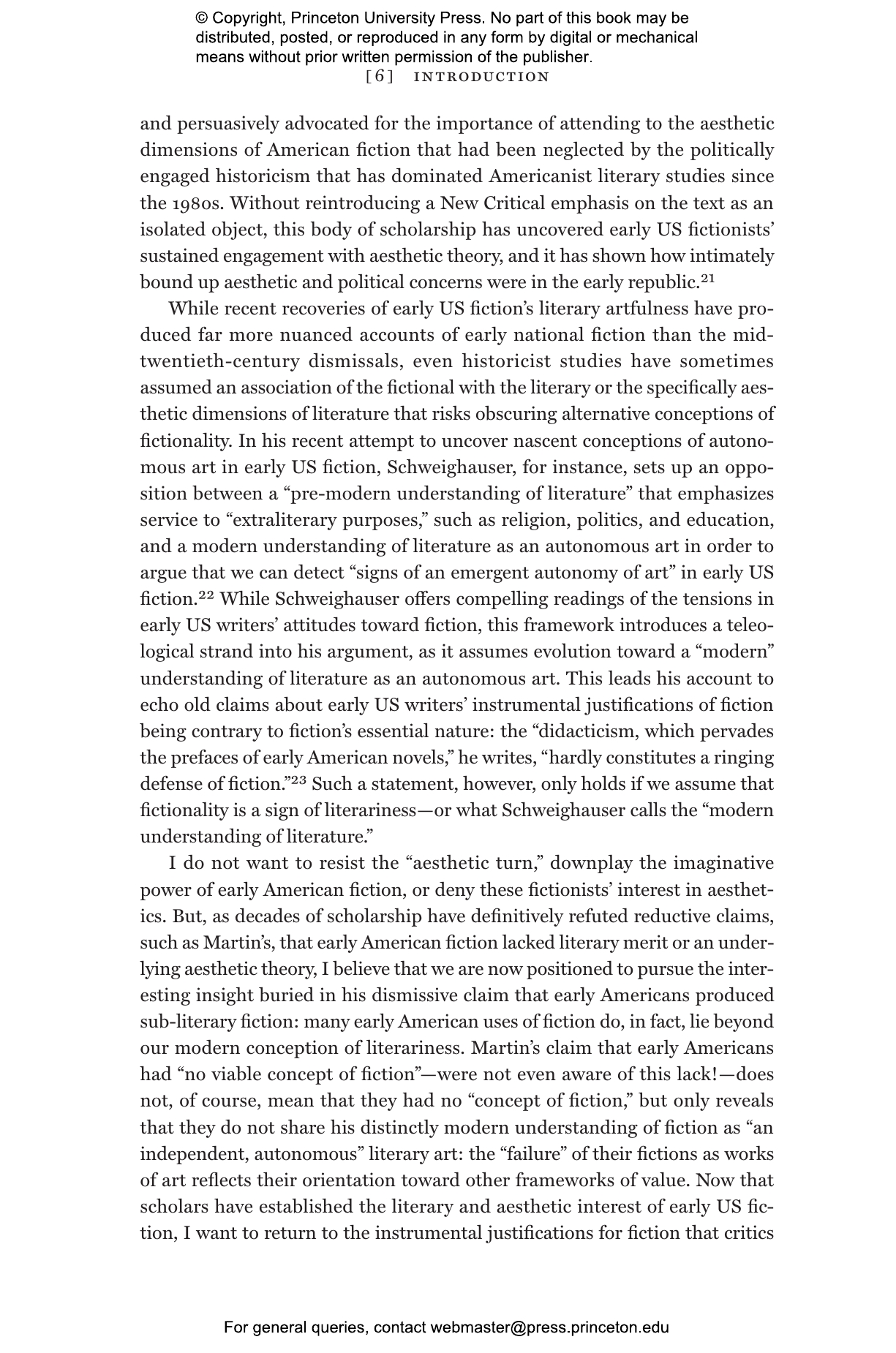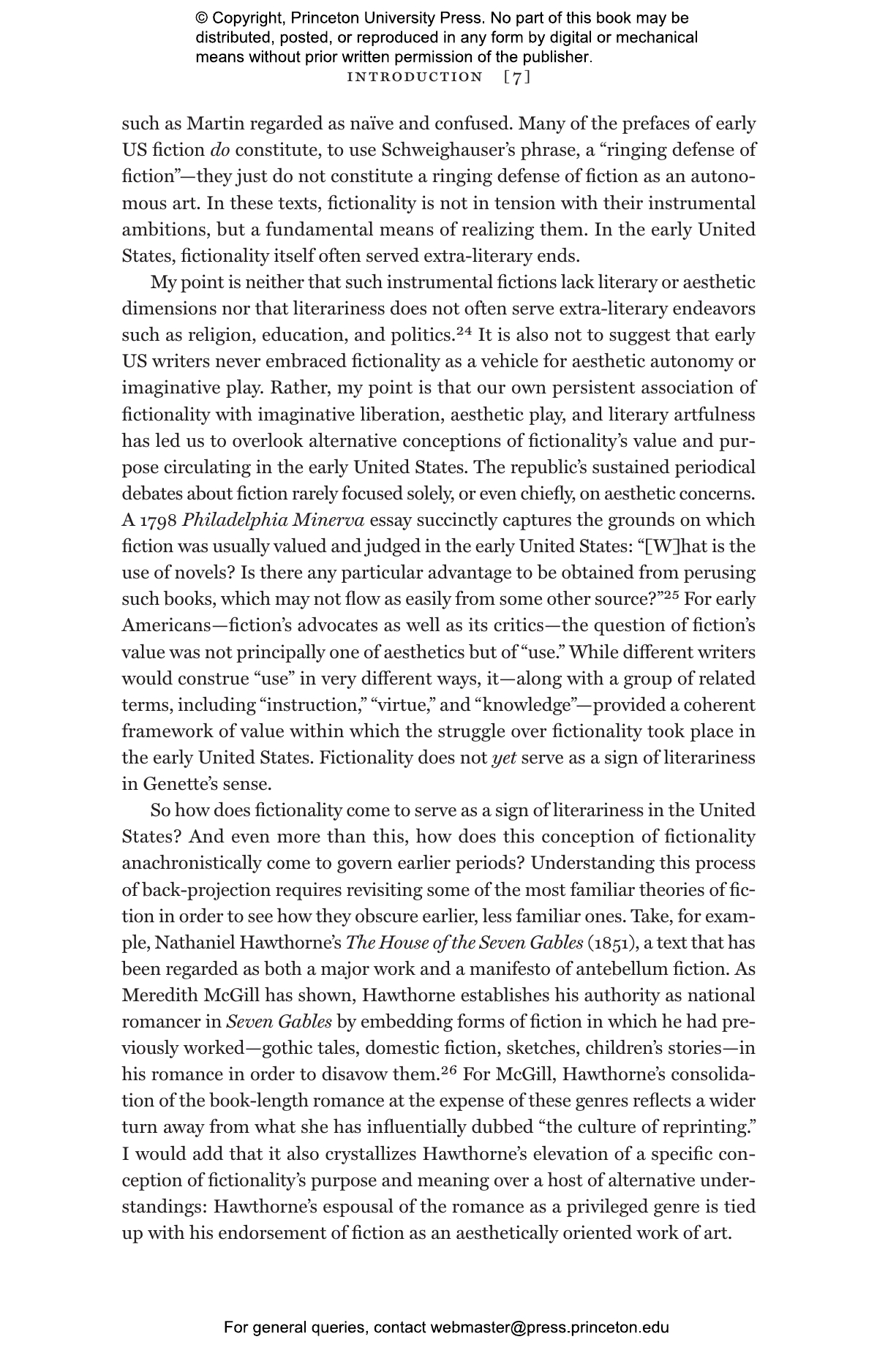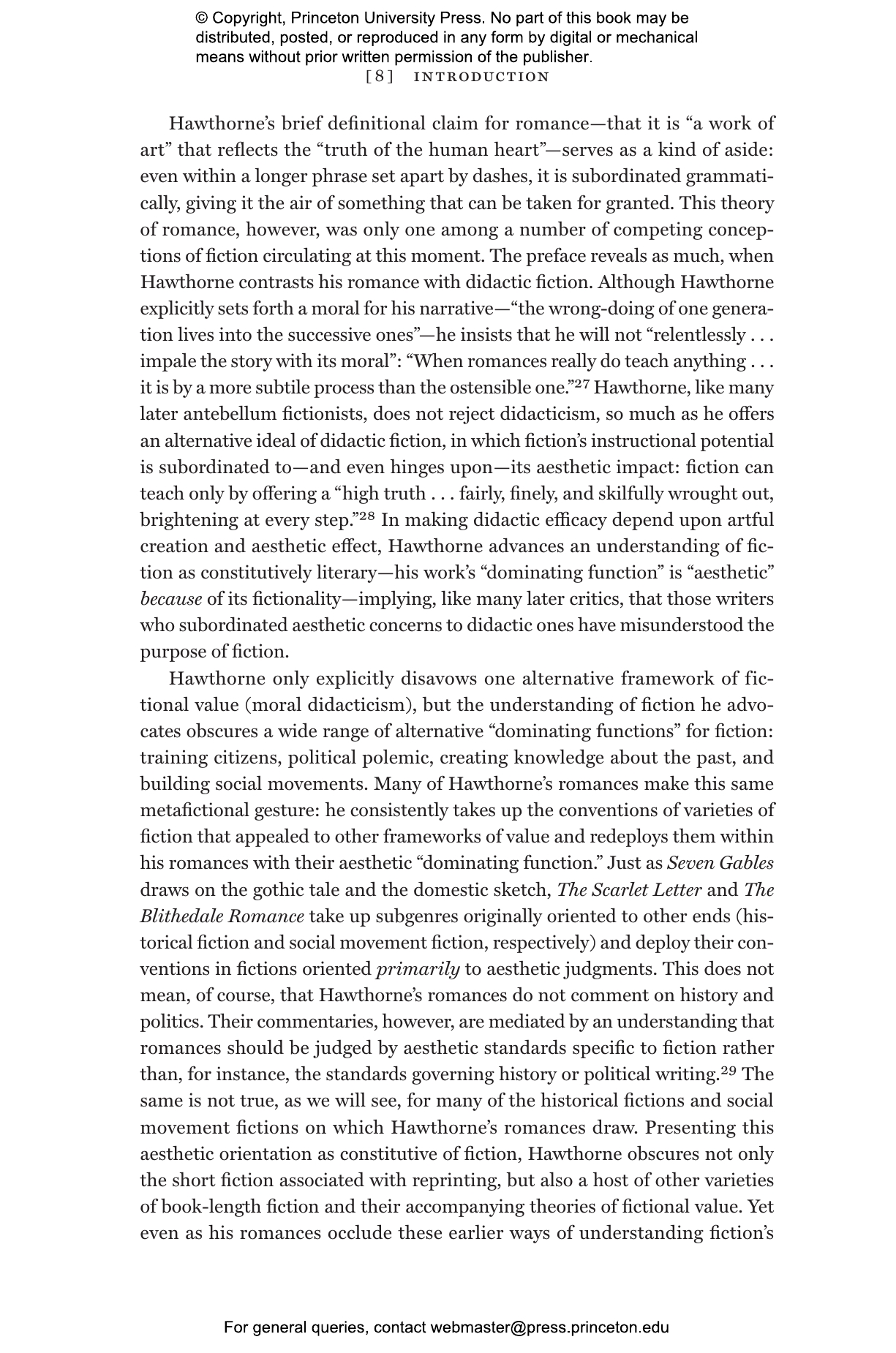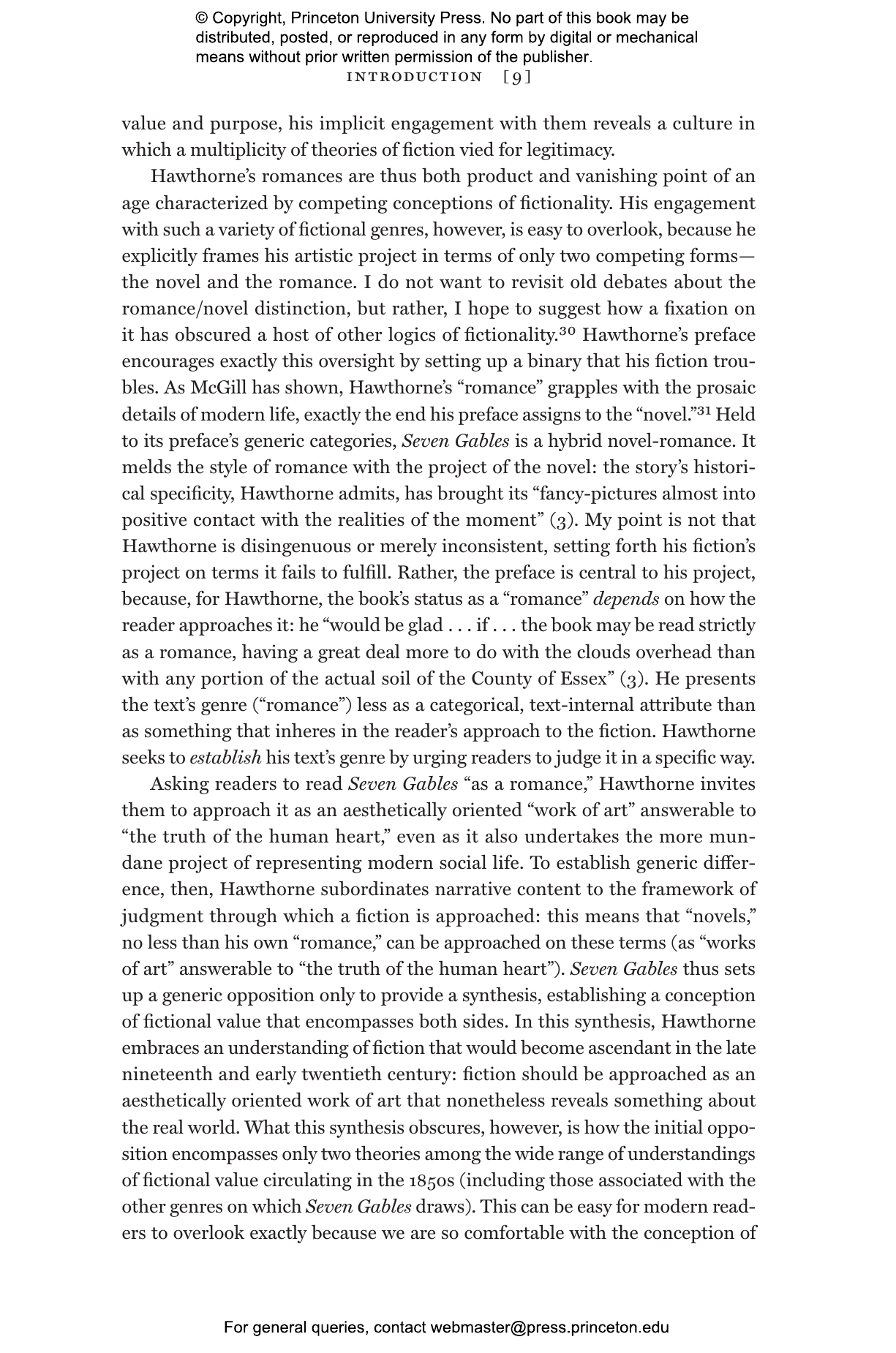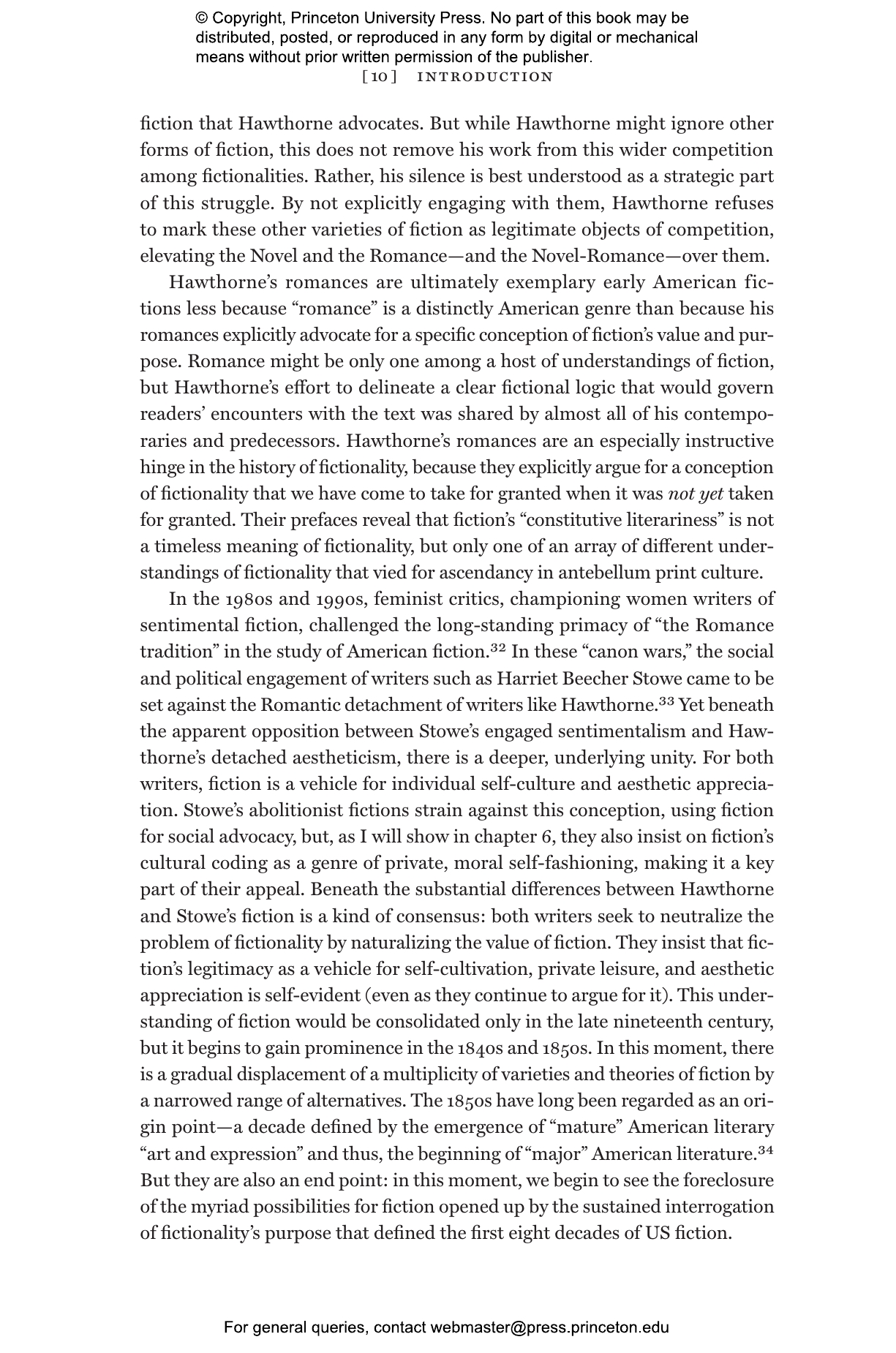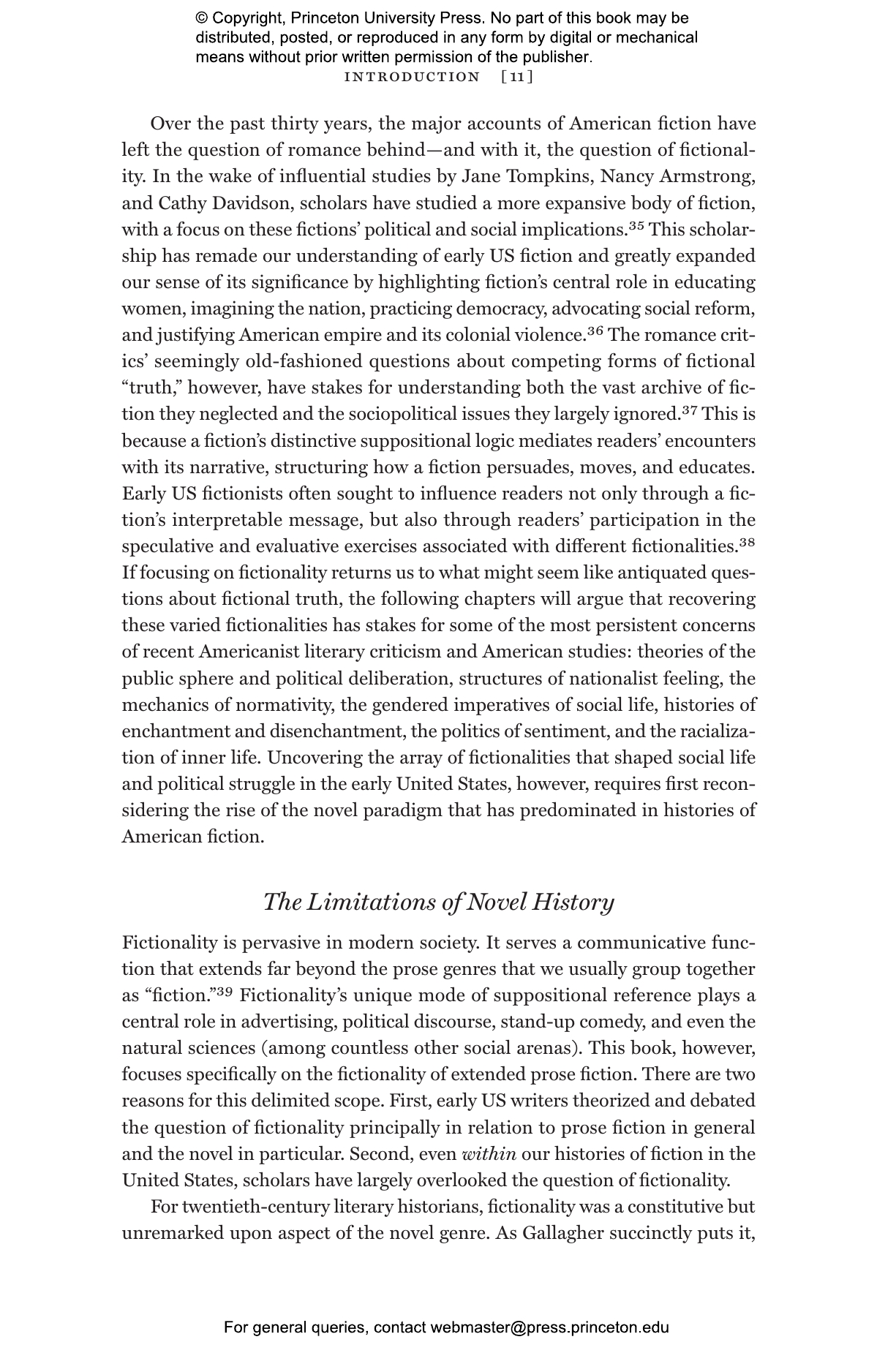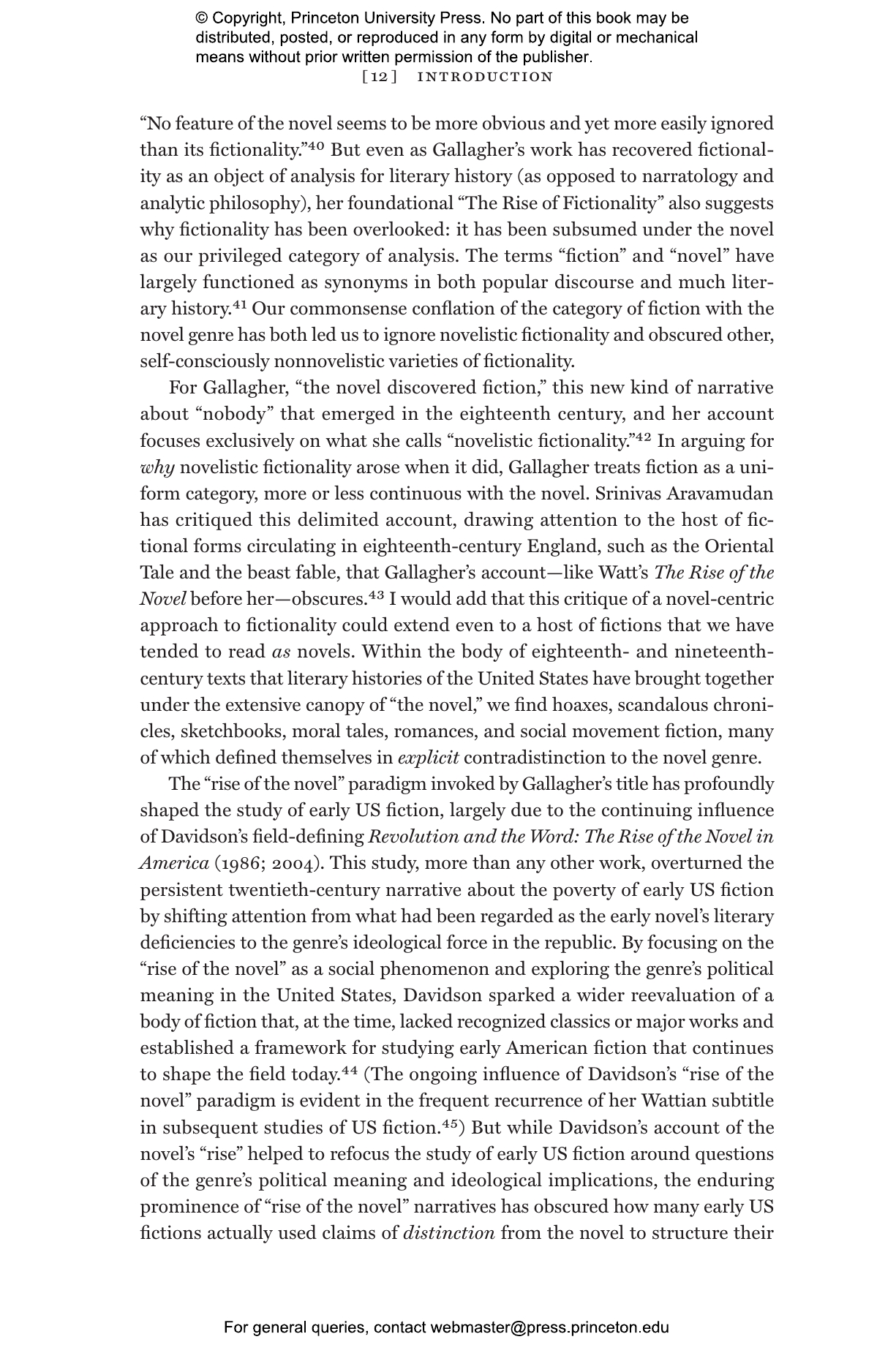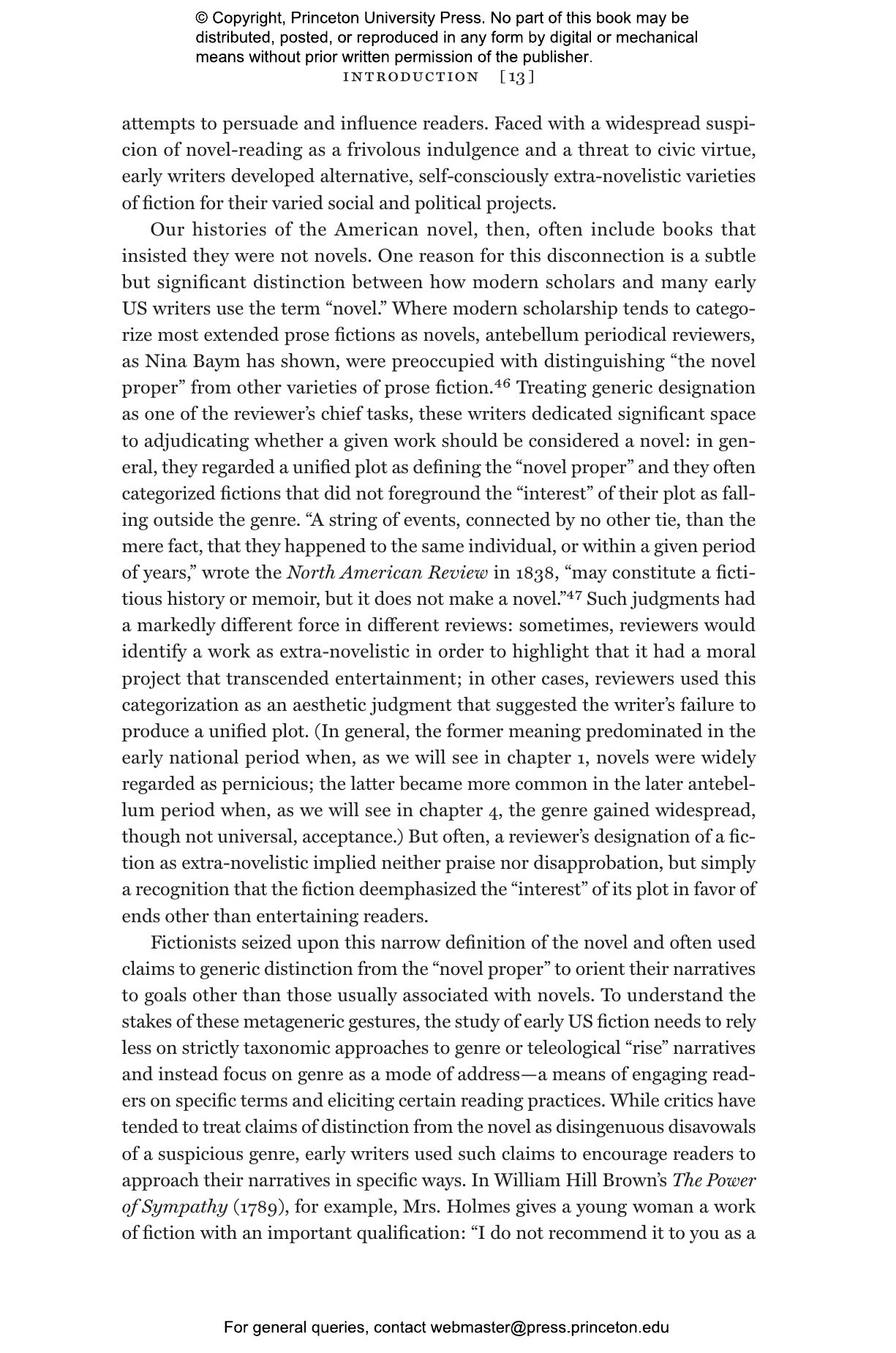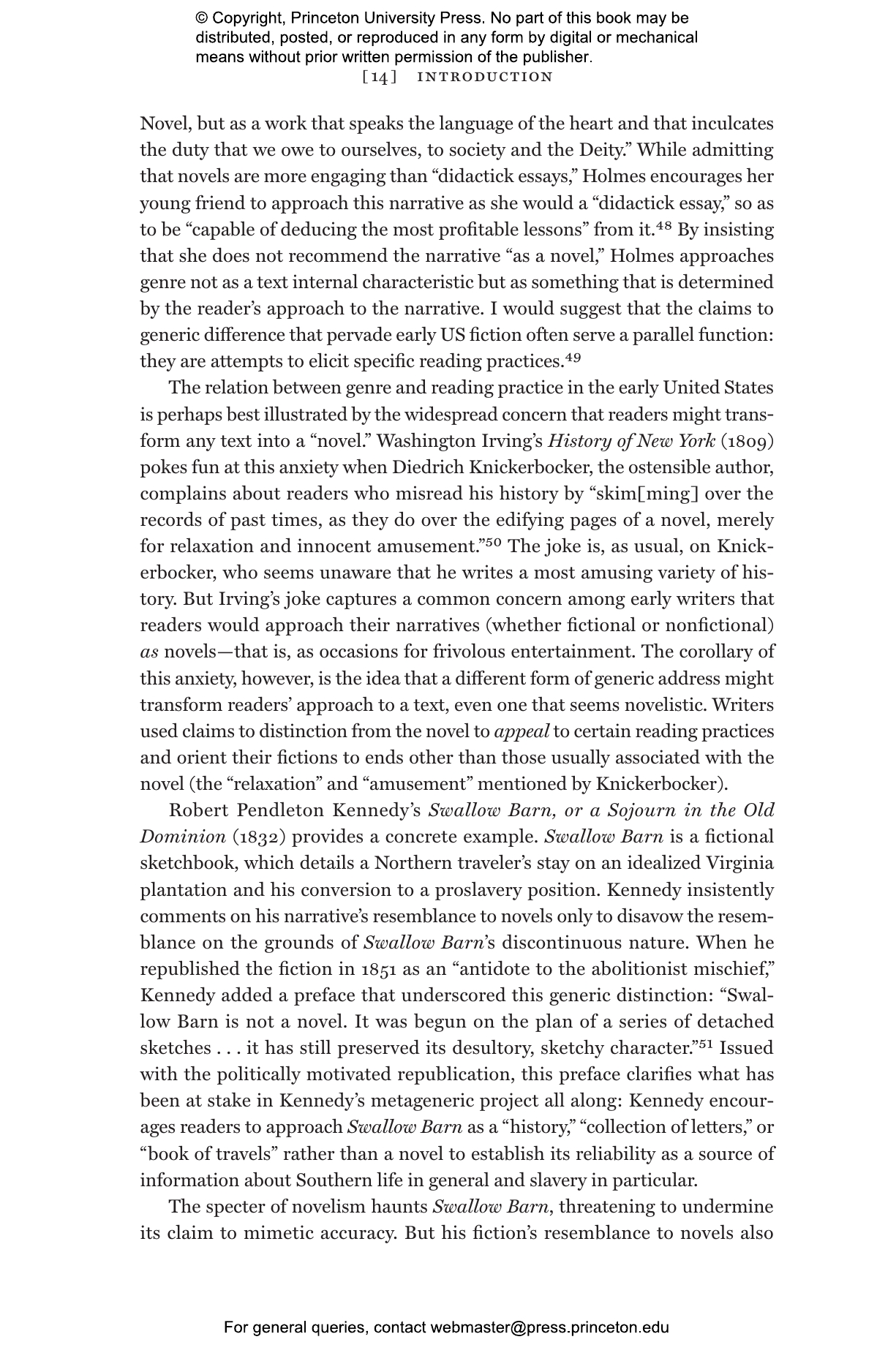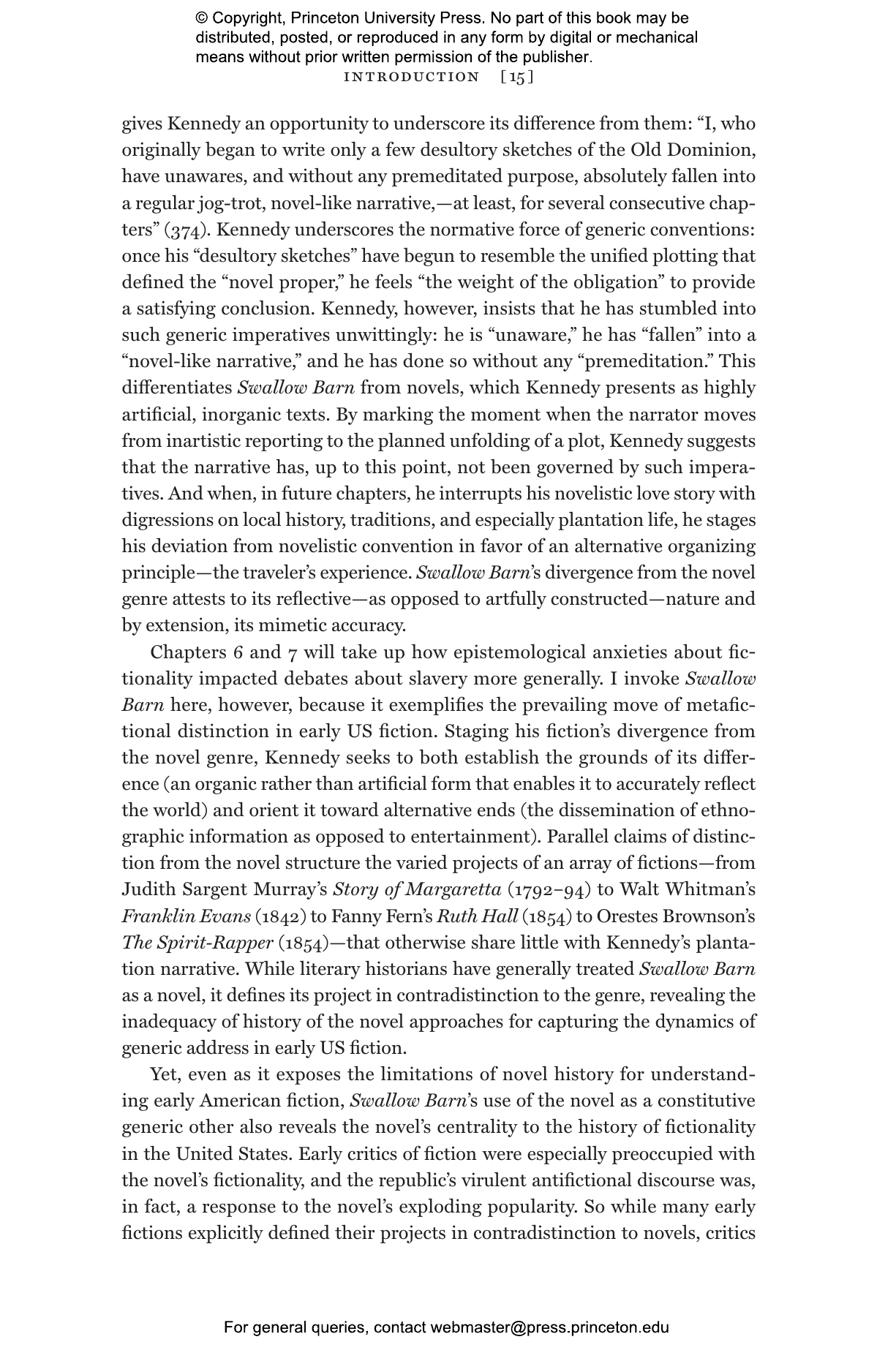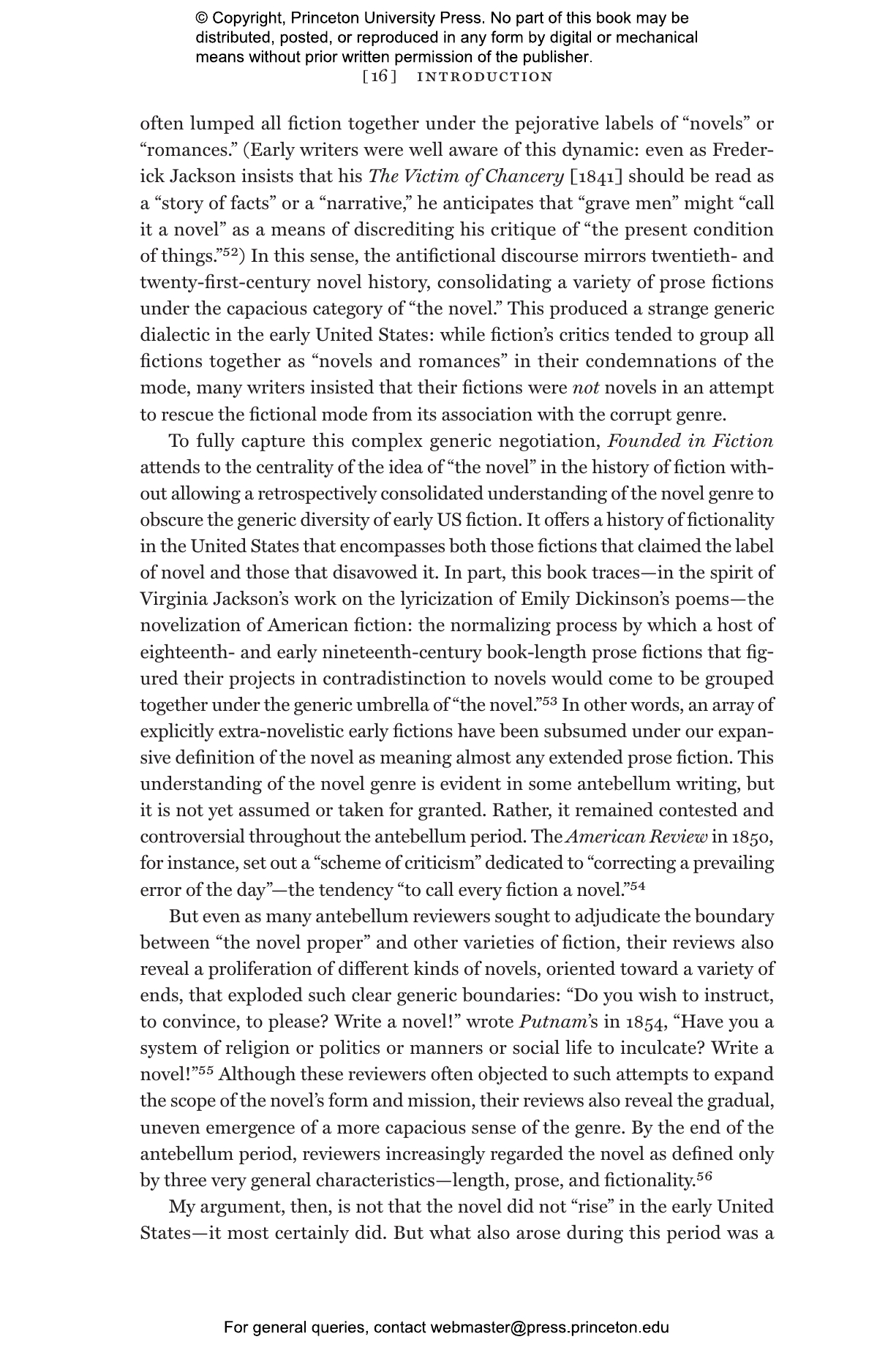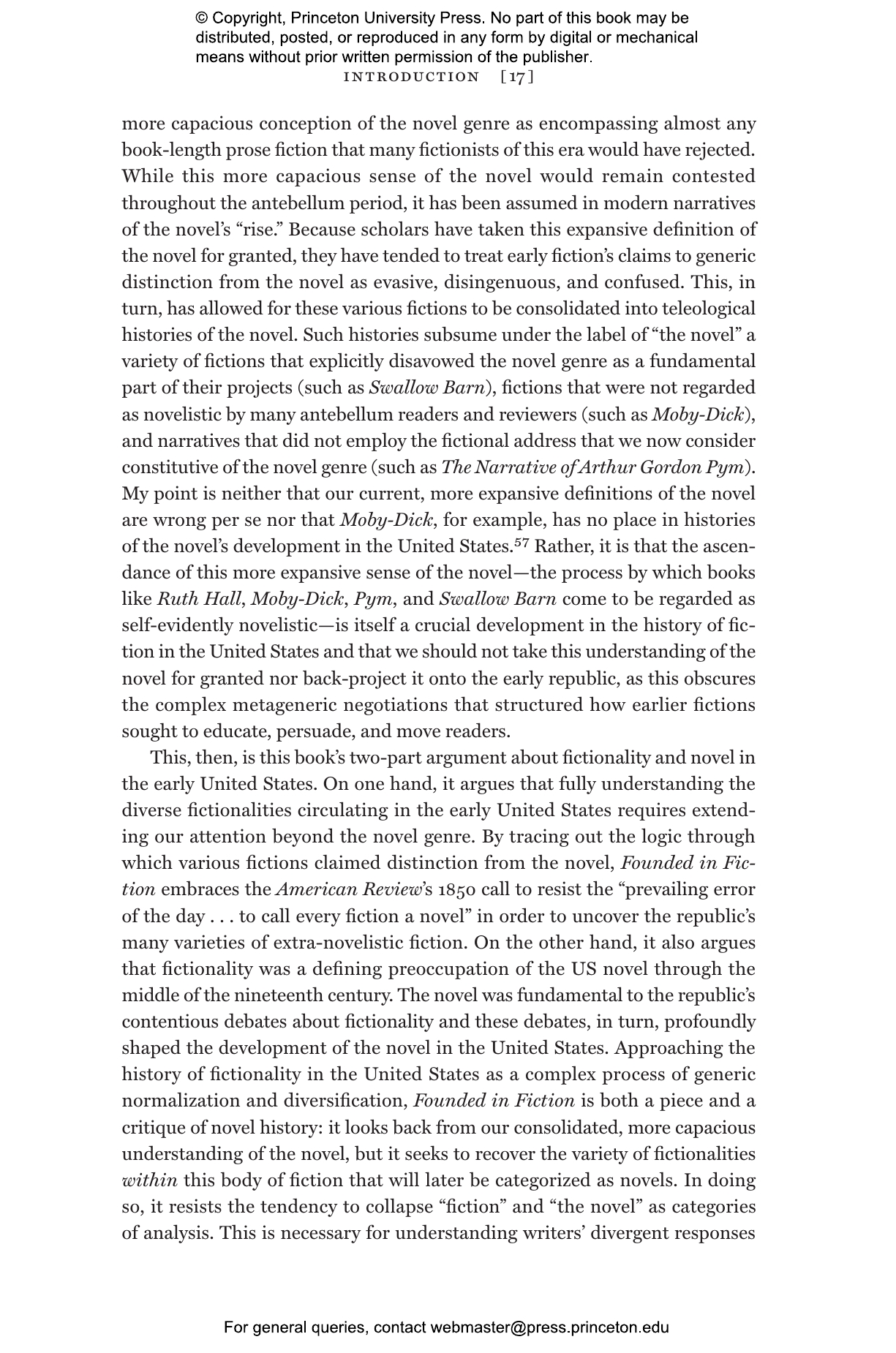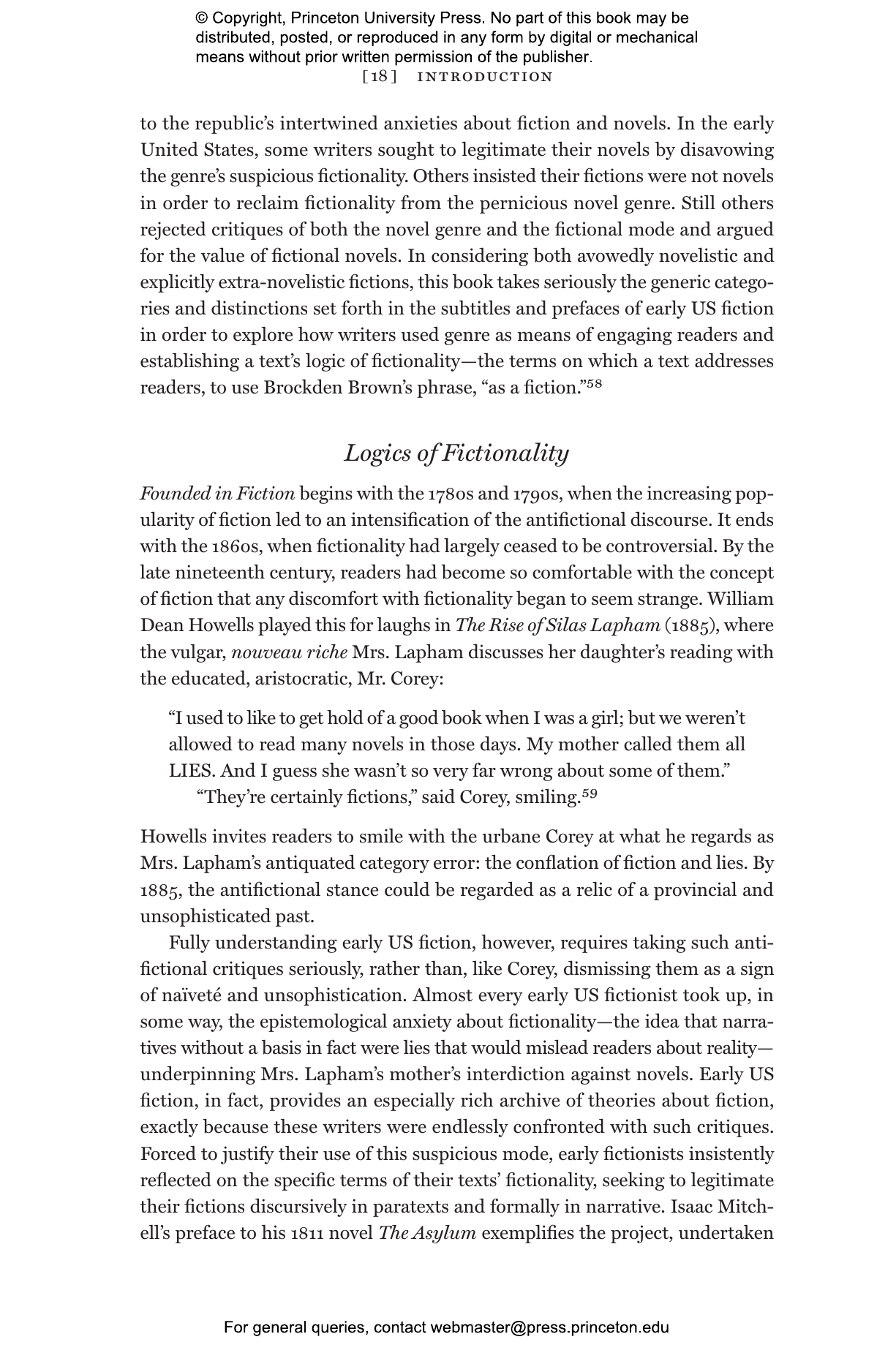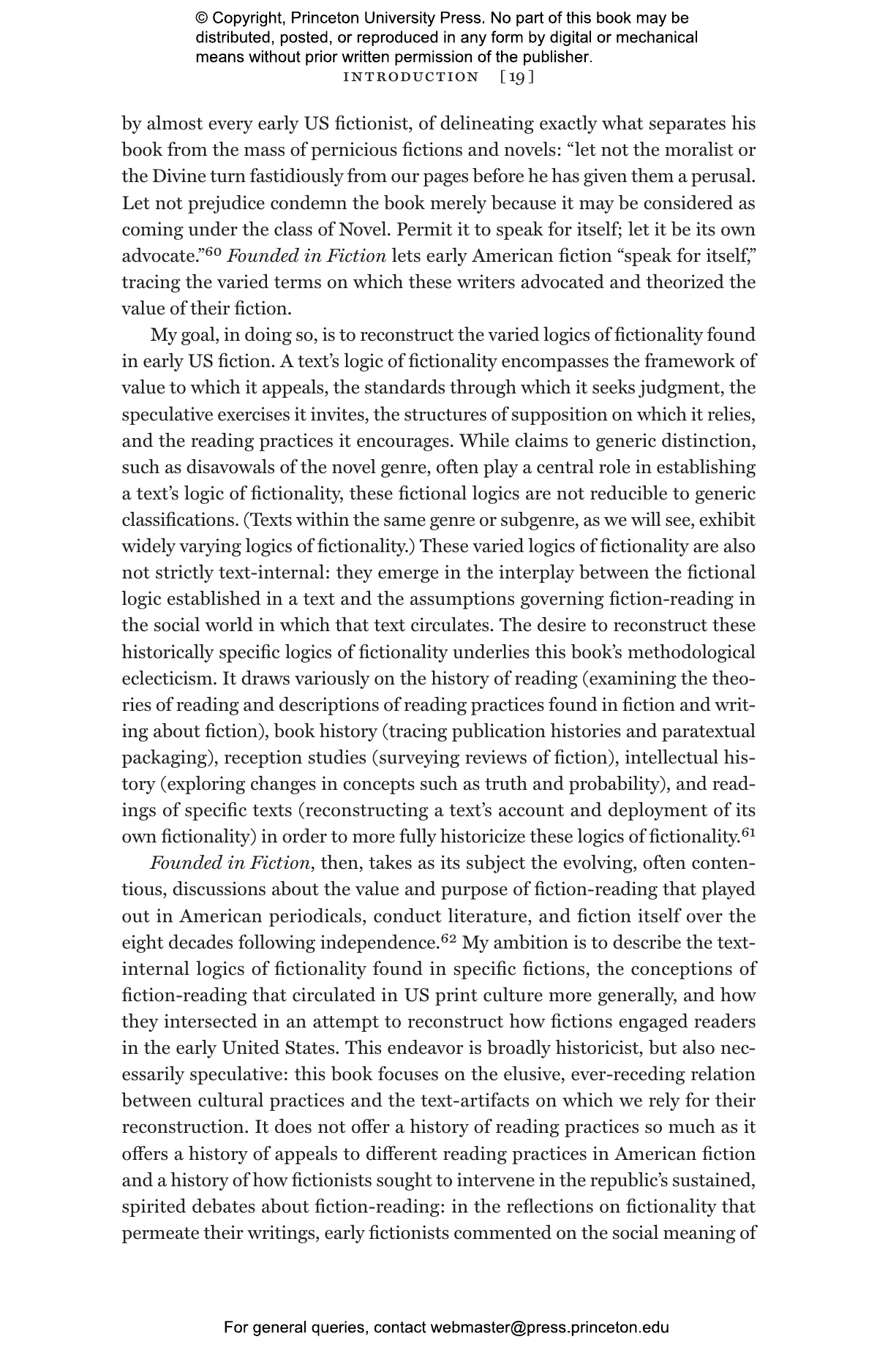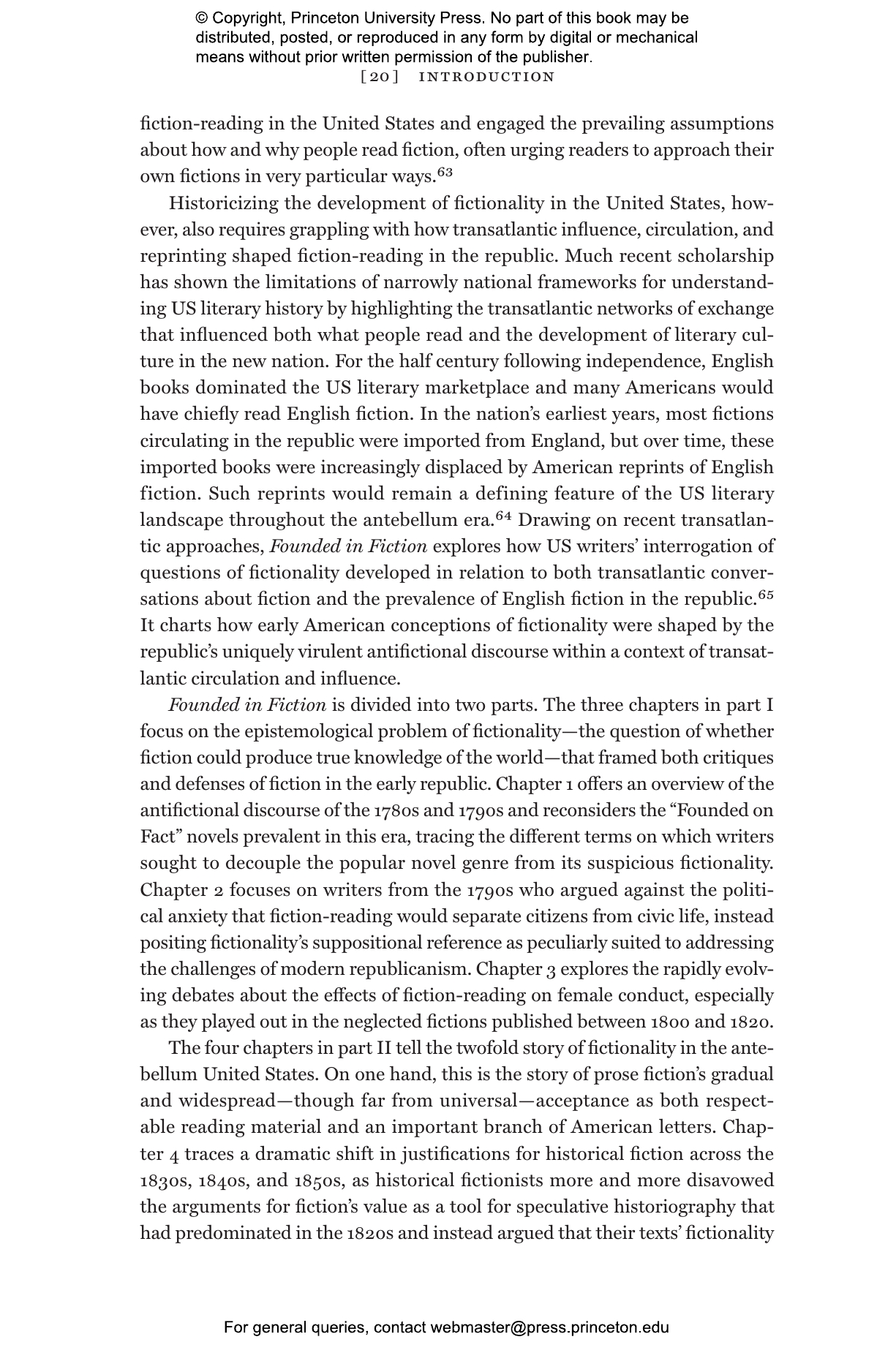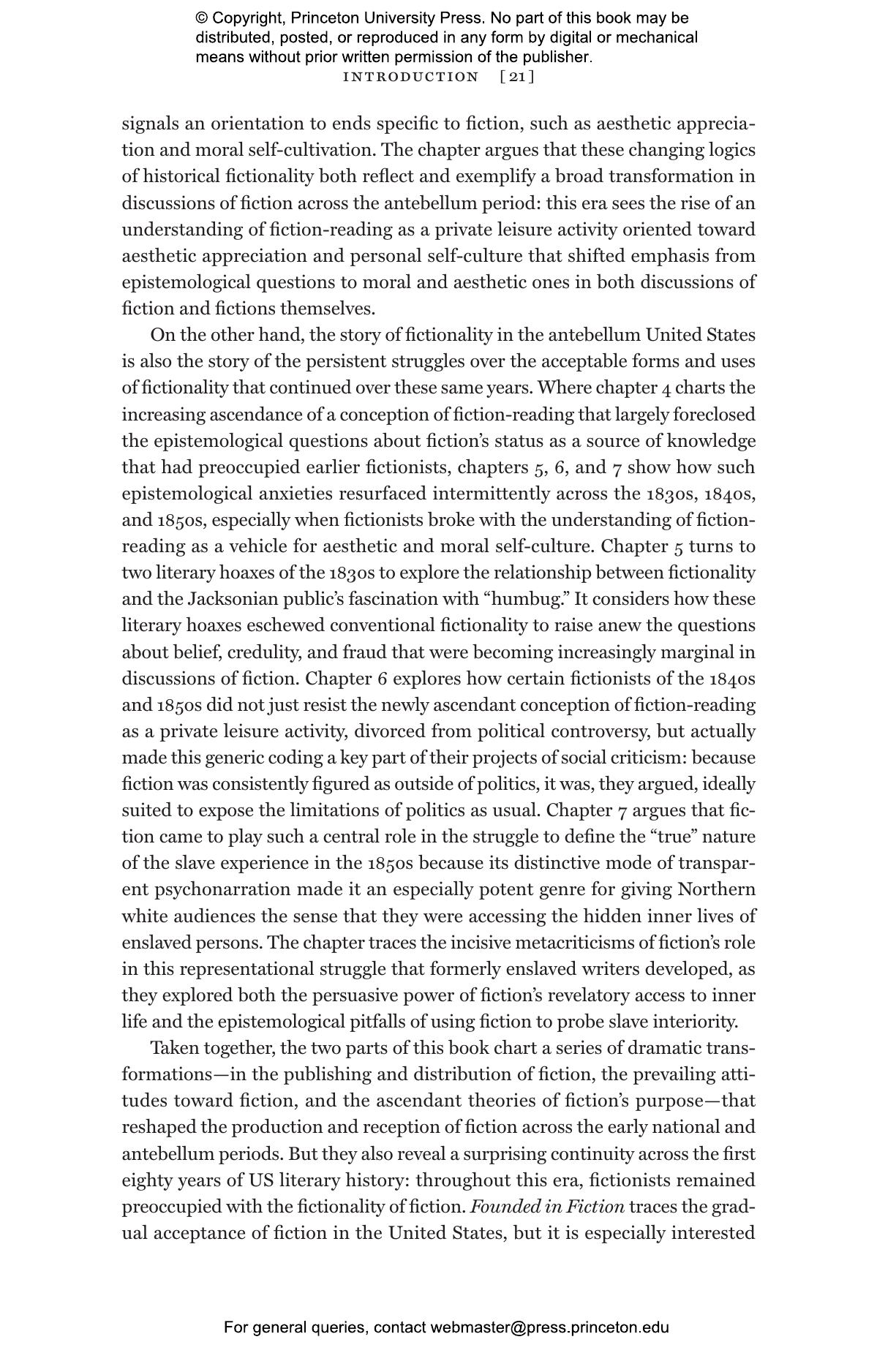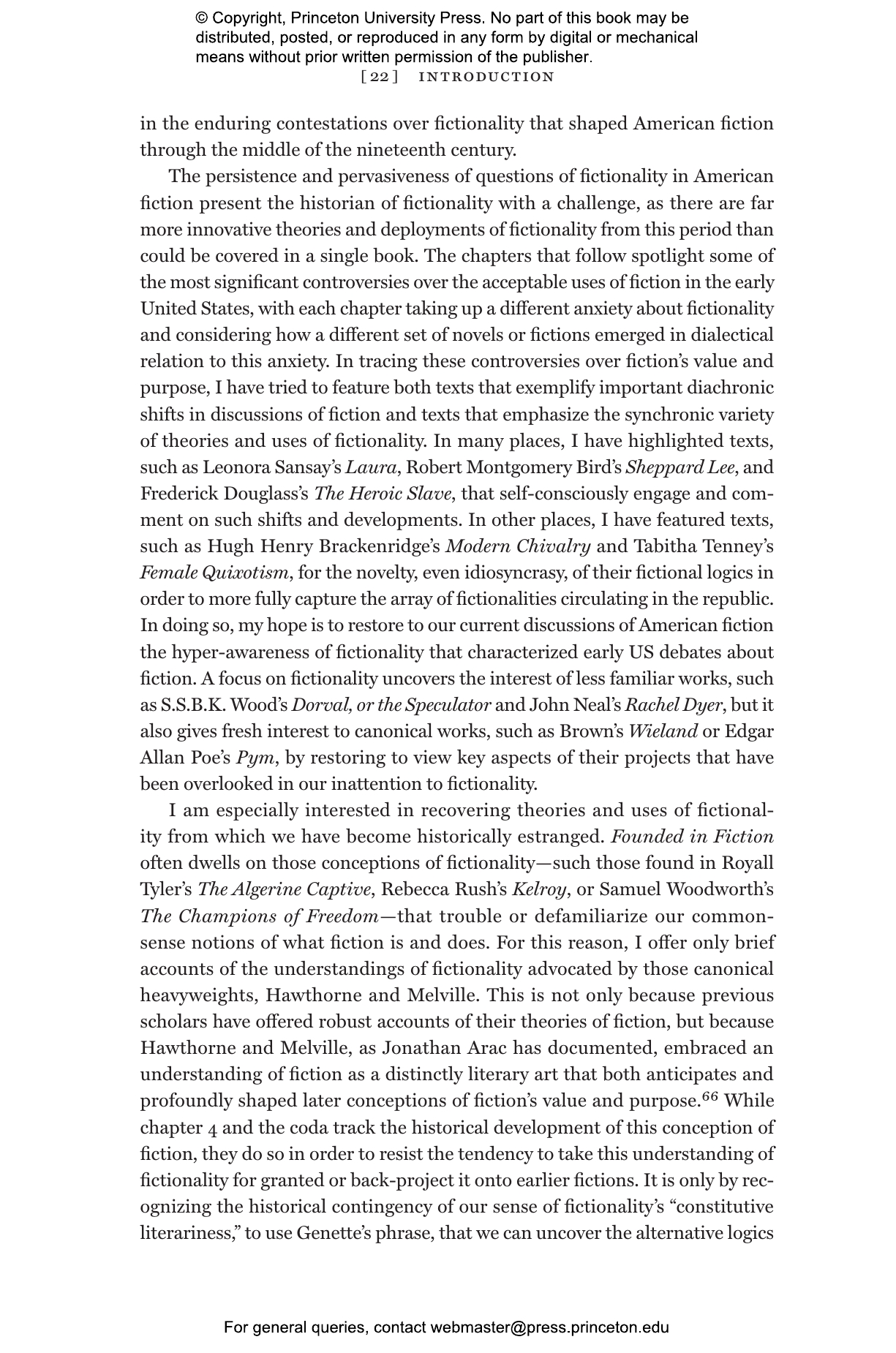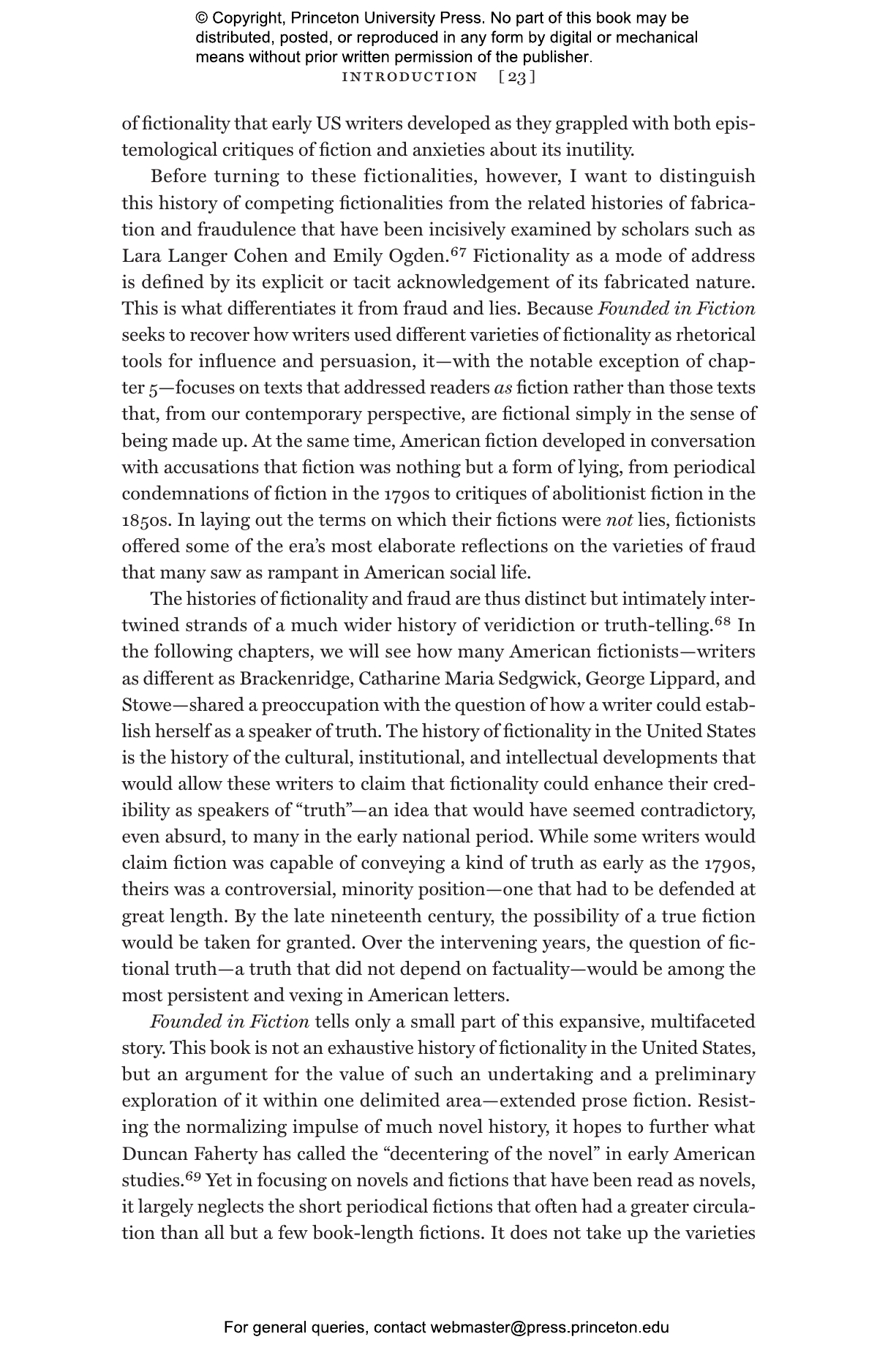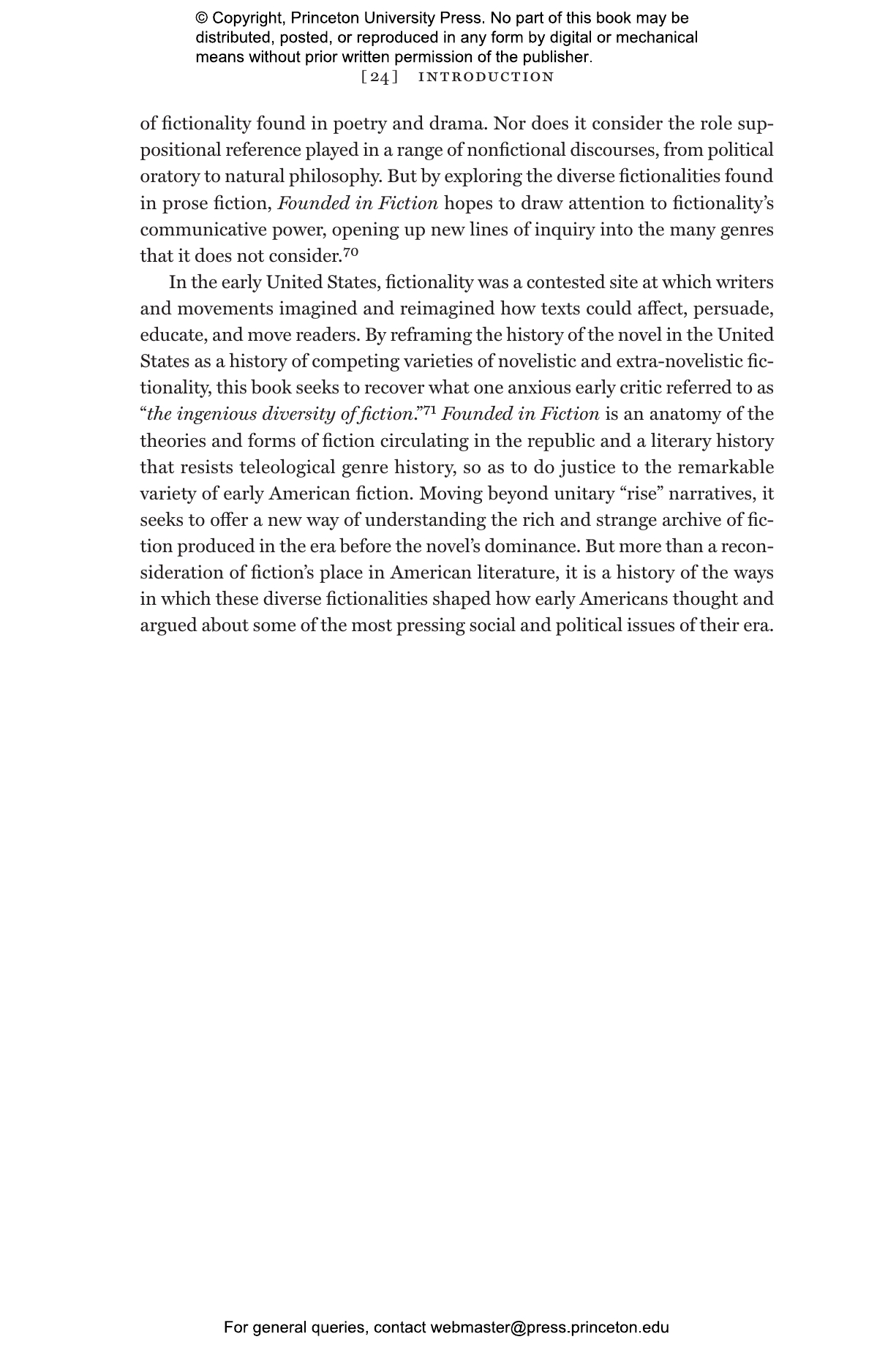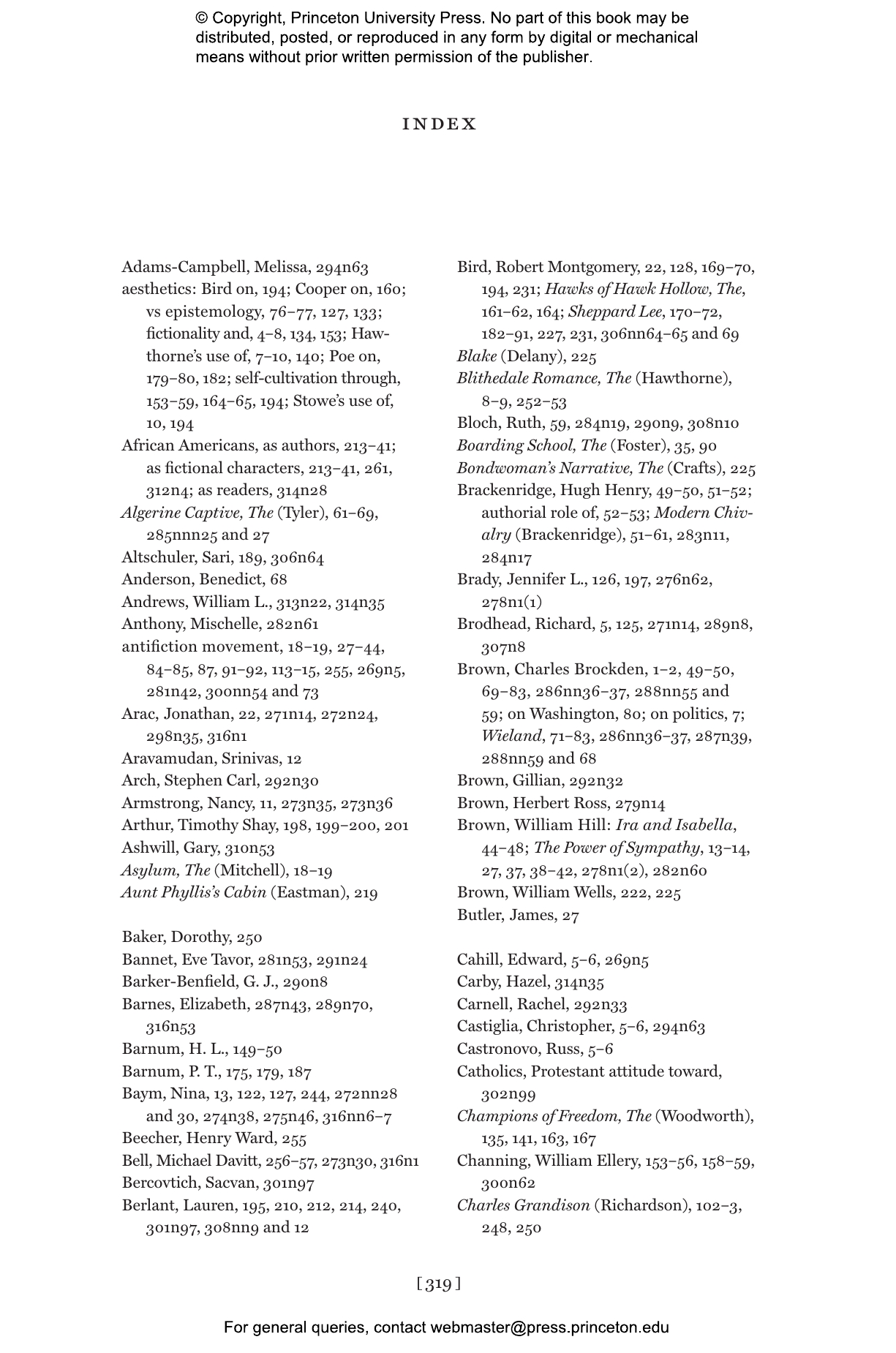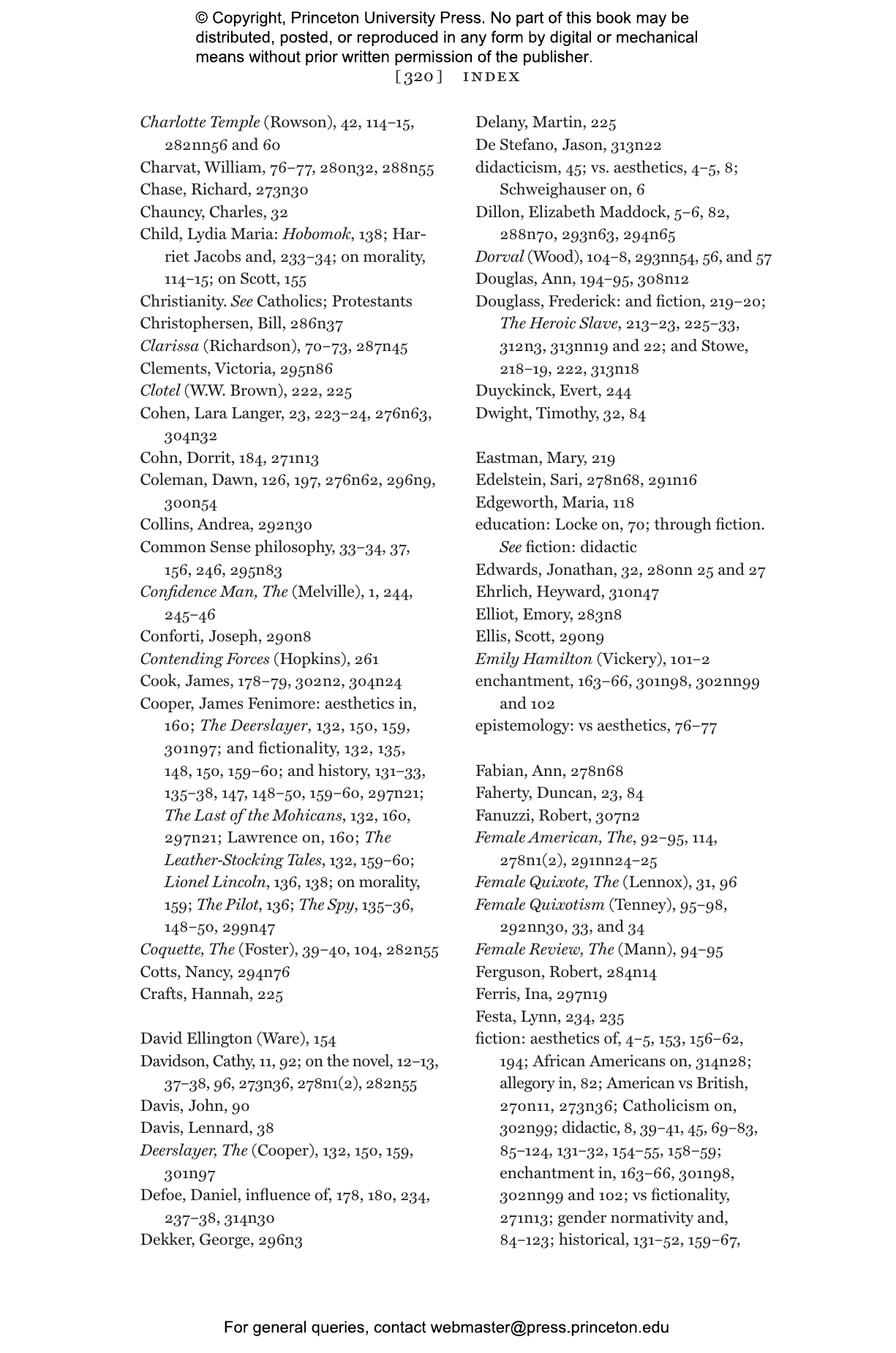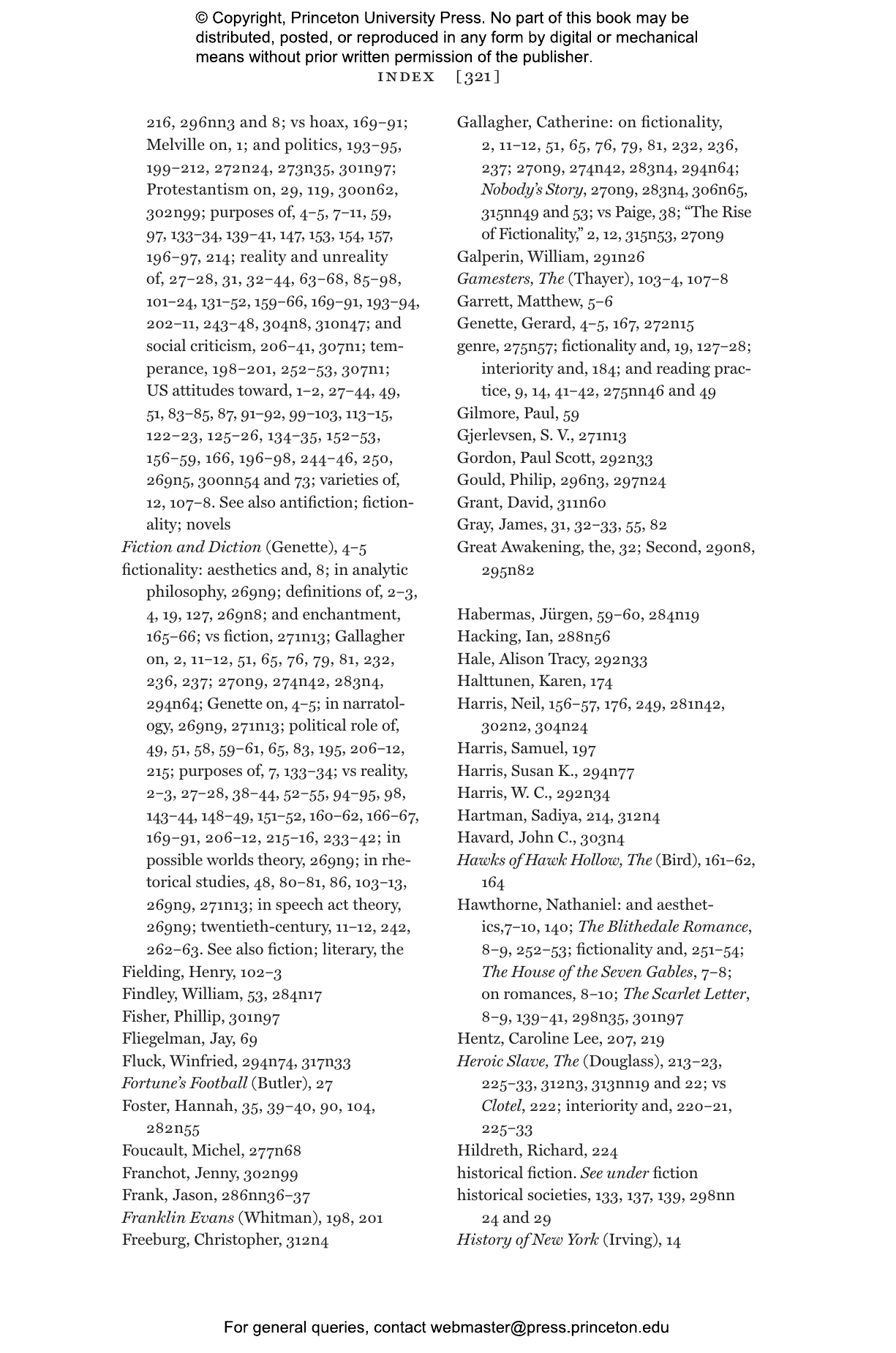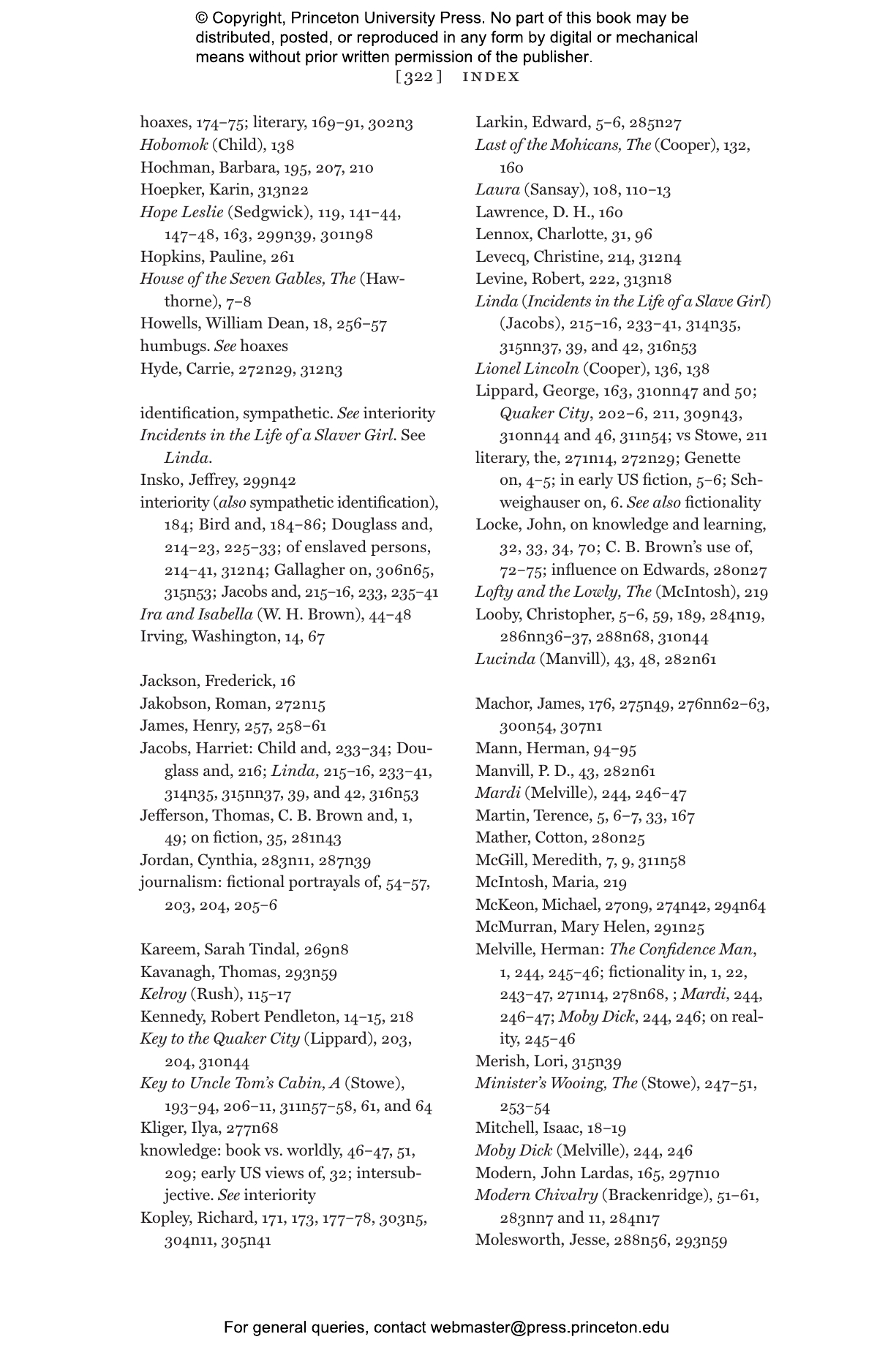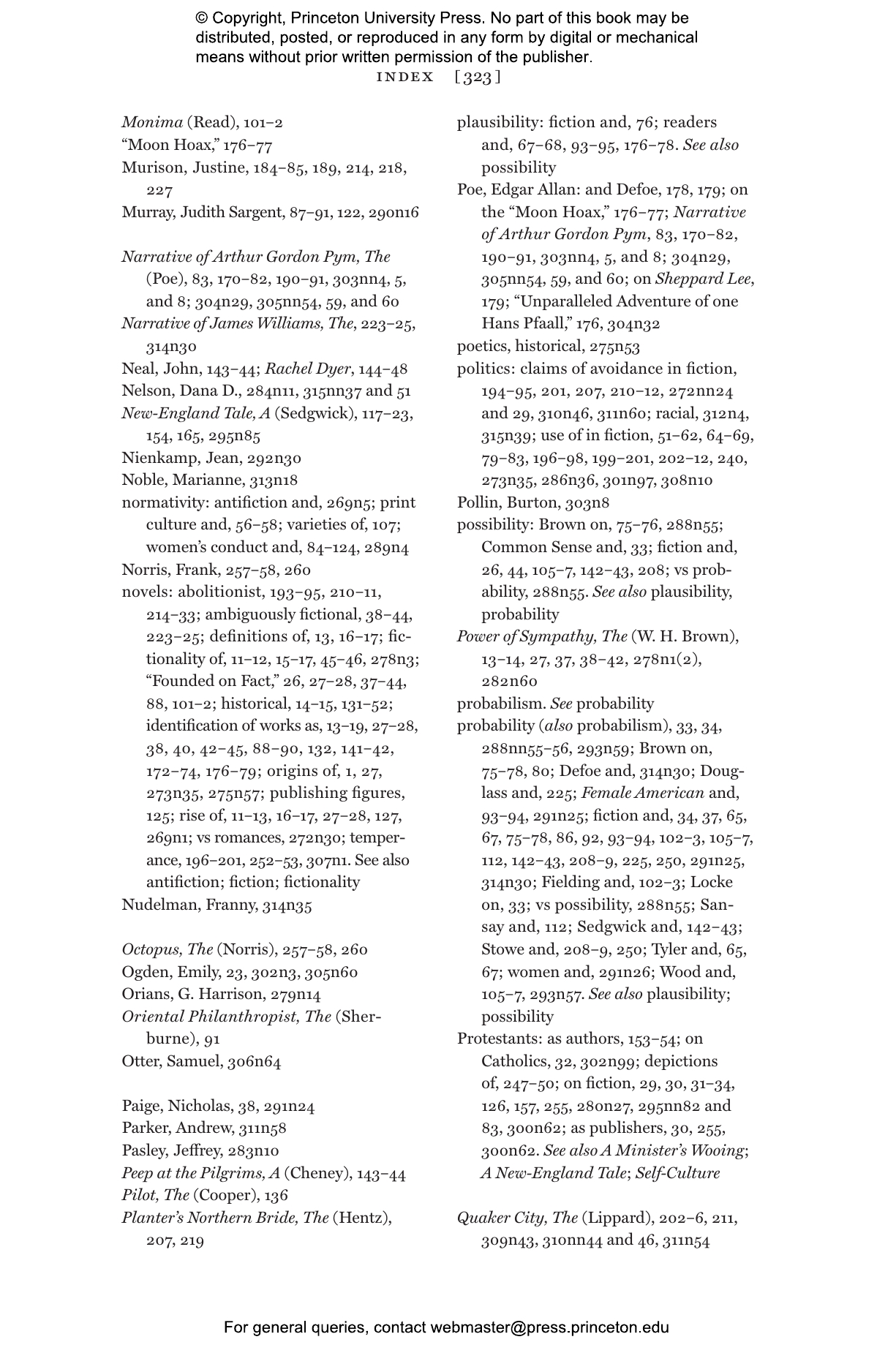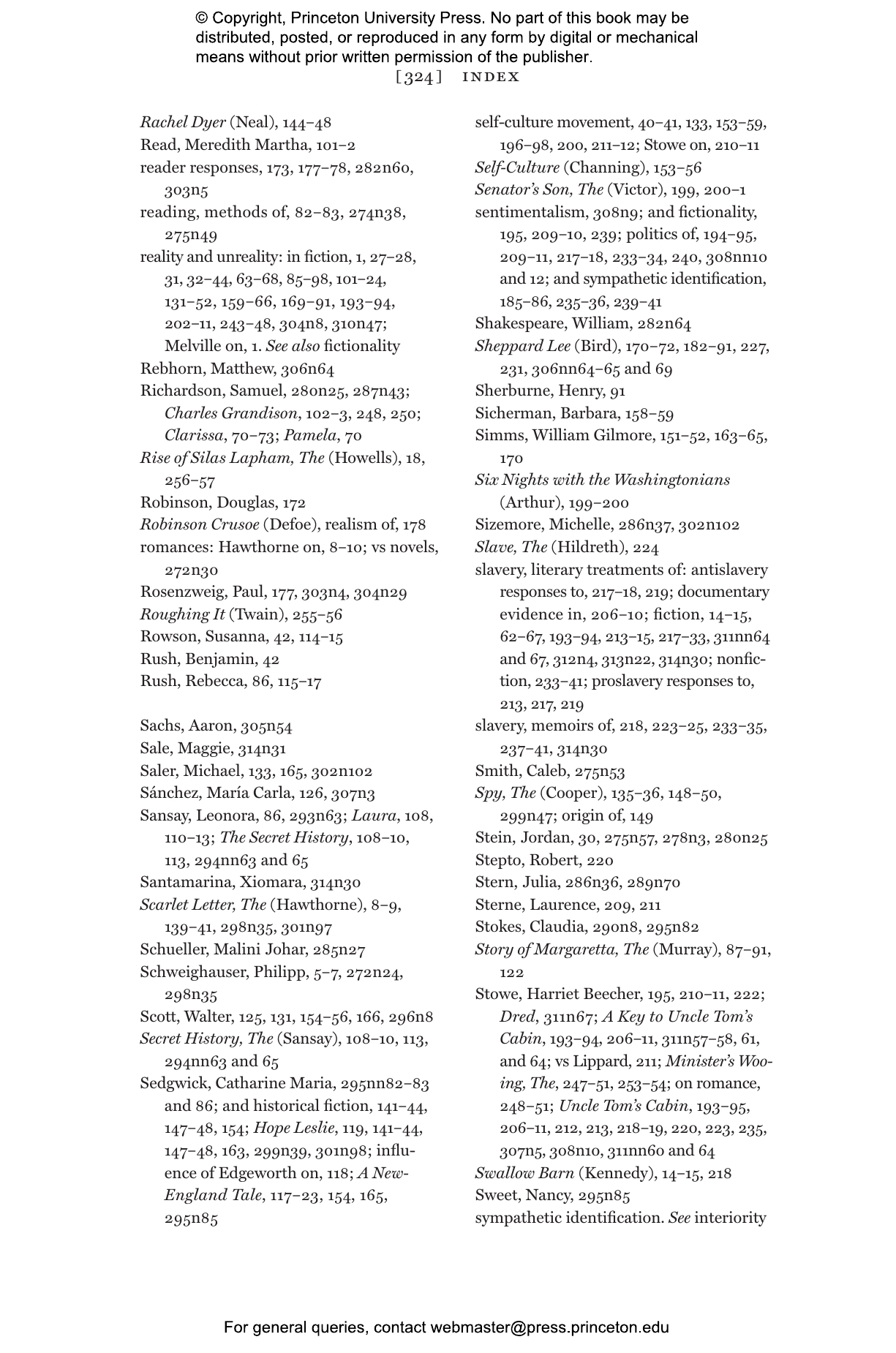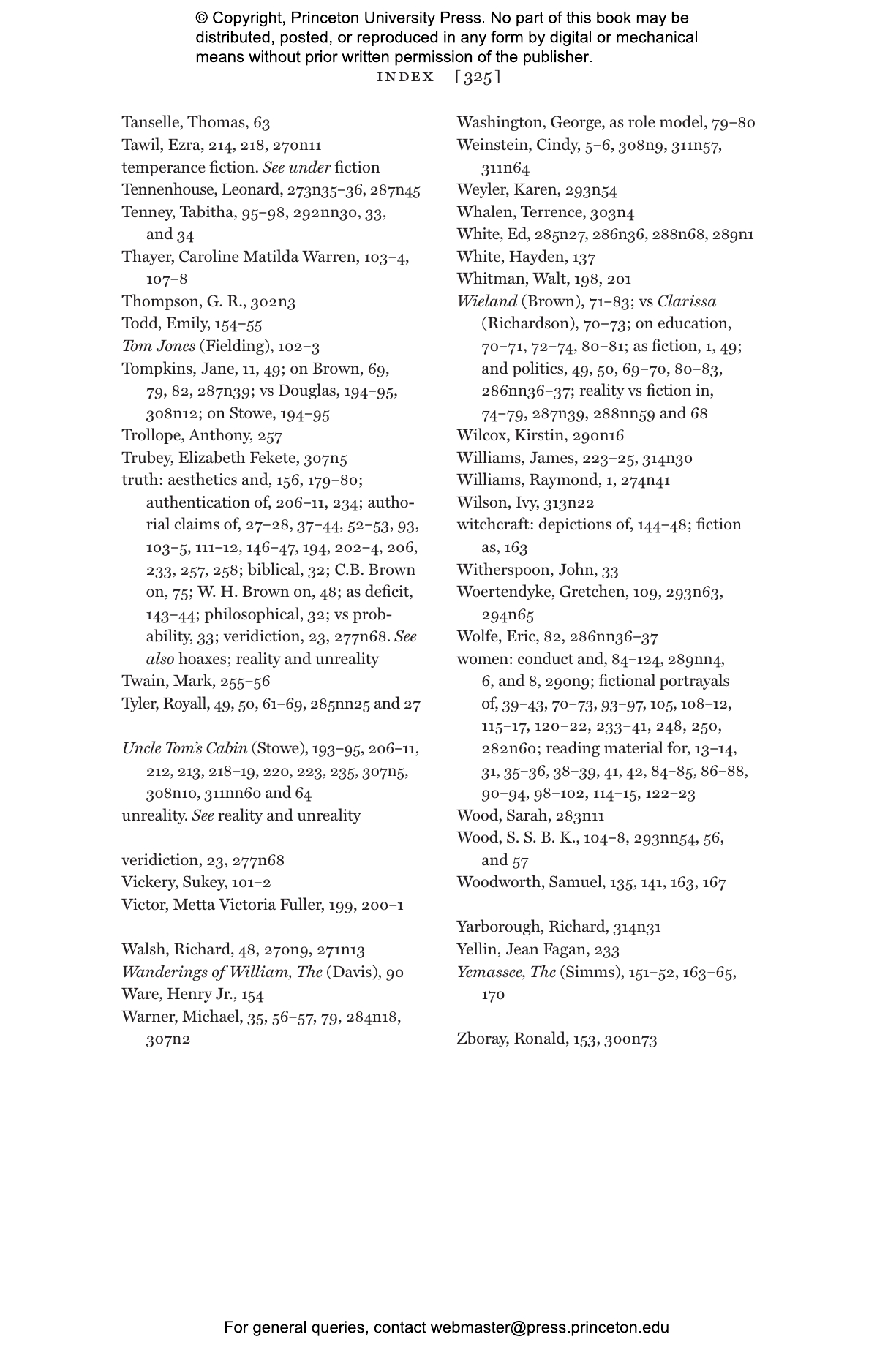What is the use of fiction? This question preoccupied writers in the early United States, where many cultural authorities insisted that fiction-reading would mislead readers about reality. Founded in Fiction argues that this suspicion made early American writers especially attuned to one of fiction’s defining but often overlooked features—its fictionality. Thomas Koenigs shows how these writers explored the unique types of speculative knowledge that fiction could create as they sought to harness different varieties of fiction for a range of social and political projects.
Spanning the years 1789–1861, Founded in Fiction challenges the “rise of novel” narrative that has long dominated the study of American fiction by highlighting how many of the texts that have often been considered the earliest American novels actually defined themselves in contrast to the novel. Their writers developed self-consciously extranovelistic varieties of fiction, as they attempted to reform political discourse, shape women’s behavior, reconstruct a national past, and advance social criticism. Ambitious in scope, Founded in Fiction features original discussions of a wide range of canonical and lesser-known writers, including Hugh Henry Brackenridge, Royall Tyler, Charles Brockden Brown, Leonora Sansay, Catharine Maria Sedgwick, Edgar Allan Poe, Robert Montgomery Bird, George Lippard, Harriet Beecher Stowe, Frederick Douglass, and Harriet Jacobs.
By reframing the history of the novel in the United States as a history of competing varieties of fiction, Founded in Fiction shows how these fictions structured American thinking about issues ranging from national politics to gendered authority to the intimate violence of slavery.
Awards and Recognition
- A Choice Outstanding Academic Title of the Year
"Founded in Fiction is as much an intellectual history as a literary one: Koenigs writes with precision and authority about eighteenth- and nineteenth-century American print culture, religious debates, transatlantic literary relations, political philosophy, and periodical culture, elegantly interweaving this rich array of cultural materials with the complex rhetorical debates taking place in fiction. . . . Koenigs synthesizes the many explanations and defenses of fiction into a convincing, elegant argument about knowledge making in the early United States."—Siân Silyn Roberts, Nineteenth-Century Literature
"Thomas Koenigs navigates smoothly through a wealth of texts. . . adding to our understanding of American literary history, plunging us into the mindset of the time, all the while giving us an insight into the periodical press and literary criticism of the antebellum period and taking us through the political, social, aesthetic, and literary debates of a fascinating and far too long underestimated period."—Pauline Pilote, Transatlantica
"[A] rich and fascinating history of fictionality, illuminating the complexity of early experimentation while tracing its contributions to the aesthetic and cultural dominance of what came to be known as the American novel. . . . Essential."—Choice Reviews
"This study is an important reconsideration of early American fiction that consistently demonstrates the sophisticated self-consciousness with which various American writers approached the troubling yet dynamic concept of fictionality. . . . Deeply researched and thoughtfully argued."—Philip Gould, American Literary History
"Founded in Fiction heightens our awareness of the exact processes of fiction’s meaning-making and helpfully extends literary criticism’s unsettling of literariness as a value taken for granted."—Xine Yao, Eighteenth-Century Fiction
"Offers one of the most fascinating reinterpretations of the early US novel."—Joseph Rezek, Early American Literature
"A rewarding and useful field guide to fiction."—Elizabeth Hewitt, Genre
"Literary historians . . . print culture scholars and genre studies folks . . . will all be delighted by the contribution Koenigs is making to their fields. The book’s merits are many, and it is sure to be well received."—Elizabeth Dill, Eighteenth-Century Studies
"Founded in Fiction offers an important new account of the early American novel that persuasively describes the shifting and contested views of fictionality animating the emergent literary culture of the United States.”—Sandra M. Gustafson, University of Notre Dame
“By reappraising the ‘rise’ of the American novel and the critical tendency to retrospectively read a whole host of fictional narratives as novels even when they challenge that classification, Thomas Koenigs’s ambitious, thoroughly researched, and lucidly written book makes a significant contribution to American literary studies and book history.”—Rochelle Raineri Zuck, Iowa State University
“Astutely resisting a backward reading of ante- and postbellum literary aesthetic values onto earlier texts, Founded in Fiction traces the ‘novelization’ of American fiction: how diverse kinds of texts came to be consolidated under the generic name of ‘novel,’ a process that obscured the pedagogical and political uses imagined for early fiction and the different reading practices in which authors hoped to engage readers. Koenigs recovers a variety of fictions and inspires readers to embrace the strangeness of novels that contest their own fictionality.”—Karen Weyler, author of Empowering Words: Outsiders and Authorship in Early America
